Capernaum
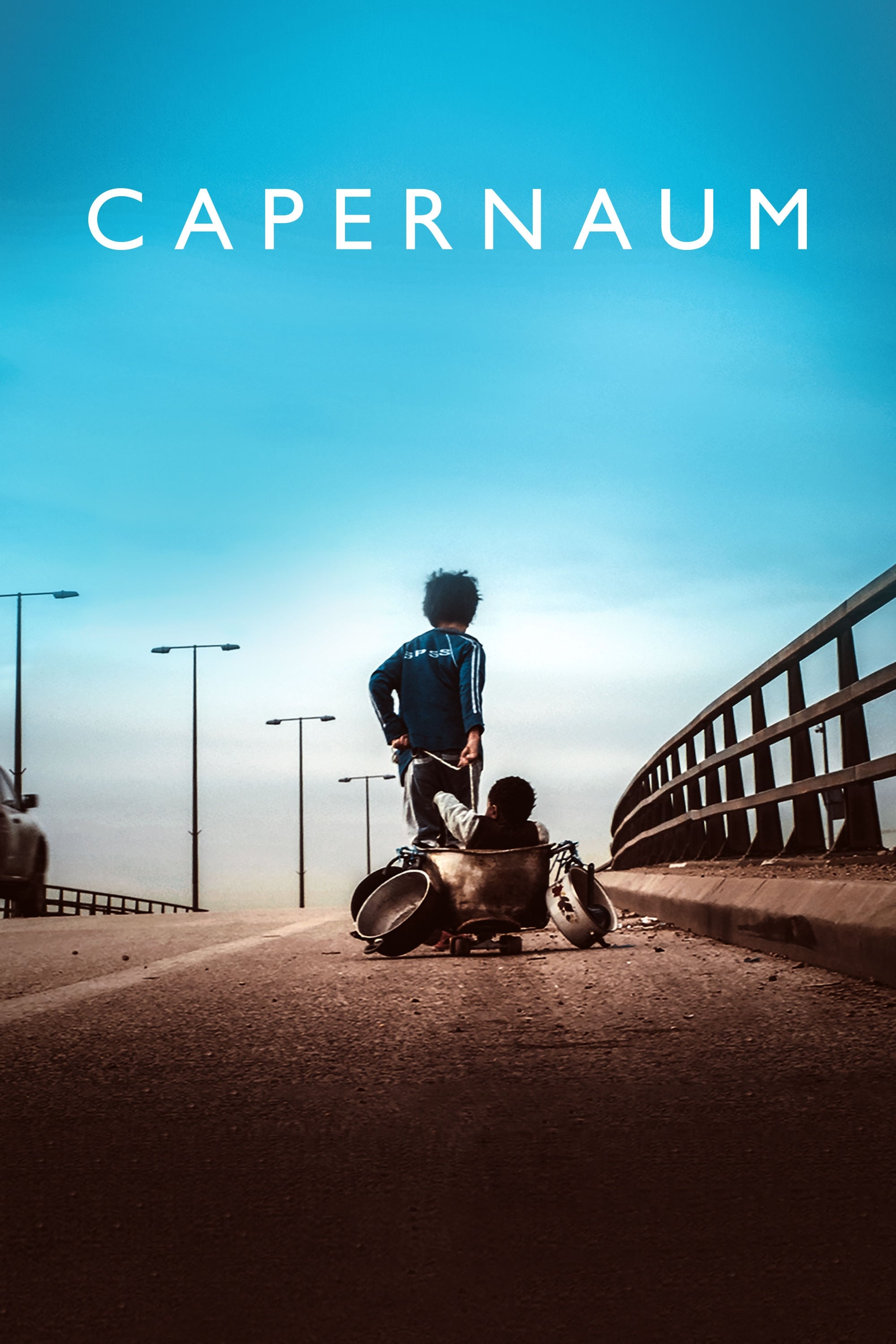
Reviews
Stephen Campbell
**_I wouldn't call it entertaining per se, but it's certainly provocative_** >_I saw kids who are so neglected, so abused that there's nothing anymore in their eyes. These children don't laugh, don't cry, and don't play. If you put a toy in front of them, they don't touch it. They are just numb. There's no more childhood in their eyes. After seeing these kids many times, when they started to have a trusting relationship with me, I used to ask them, "are you happy to be alive?" Ninety-nine percent of the kids answered "no". They told me: "I'm not happy to be here." "Why am I here when there'__s no one to take care of me?" "Why am I here if I'm going to be hungry all the time?" They have the feeling that they're here because they are being punished for something._ - Nadine Labaki; _Capharnaüm_ Production Notes Taking as its subject the horrific plight of guttersnipe children in the slums of Beirut, _Capharnaüm_ is the kind of film of which a superficial reading might suggest miserablism at best, and "poverty porn" at worst. Comparisons to film such as Danny Boyle's _Slumdog Millionaire_ (2008), Stephen Daldry's _Trash_ (2014), and Sean Baker's _The Florida Project_ (2017) are probably inevitable, albeit not very informative if one wishes to parse the film. Instead, it's much more useful to view _Capharnaüm_ in the tradition of classic Italian neorealist pictures such as Luchino Visconti's _Ossessione_ (1943) and _La Terra Trema_ (19548), Roberto Rossellini's _Roma città aperta_ (1945) and _Germania anno zero_ (1948), and Vittorio De Sica's _Ladri di biciclette_ (1948) and _Umberto D._ (1952), albeit far more pessimistic than any of them. The third film from Lebanese writer/actress/director Nadine Labaki (_Caramel_; _Where Do We Go Now?_), _Capharnaüm_ is written by Labaki, Michelle Keserwany, and Labaki's regular writing partner Jihad Hojaily (Georges Khabbaz, Labaki's husband, and the film's producer and composer, Khaled Mouzanar are credited with "screenplay collaboration"). Presenting a _milieu_ in which people are utterly discardable, the film depicts children who are literally bought and sold for a few chickens; 11-year-old girls who are married off so their family can afford the rent; babies who are fed on ice cubes covered in sugar; refugees who roam the streets; mental illness which goes untreated; and people without a Lebanese identity card who don't officially exist. Uplifting it most certainly is not. In a similar tonal key to Héctor Babenco's _Pixote: a Lei do Mais Fraco_ (1981) and Walter Salles's _Central do Brasil_ (1998), the film works because it never feels like it's exploiting, patronising, or trivialising the poverty and misfortune it depicts, never attempting to manipulate the audience into feeling a preconceived emotion. On the contrary, it's matter-of-fact, and notable for just how unsentimental it is. However, it's also deeply humanist, with genuine compassion in its DNA and a quiet rage at its core, born partly from an inherent sense of authenticity; shot in the style of _cinéma vérité_, it uses non-professional actors whose lives are not dissimilar from the characters they play, with Labaki encouraging improvisation throughout. There are some problems, of course - the framing device of a trial is poorly conceived and distracts from the superior filmmaking surrounding it, the ending is disappointingly didactic, and the litany of hardships endured by the main character does get a little over-the-top. However, this is undeniably impressive filmmaking, as harrowing and angry, as it is solicitous and respectful. Zain El Hajj (Zain Al Rafeea) is a young boy from the slums of Beirut serving a five-year prison sentence for, as he puts it, "_stabbing a son-of-a-bitch_." Neither he nor his parents, mother Souad (Kawsar Al Haddad) and father Selim (Fadi Youssef), know Zain's exact age, as he was never officially registered, and therefore has no birth cert. As the film begins, Zain is brought before a judge, as he has decided to sue his parents for bringing him into the world despite not being able to care for their already numerous children. The film then flashes back several months, with Zain working as a delivery boy for the family's landlord, Assad (Nour El Husseini). Life is harsh, but Zain and his sister, 11-year-old sister Sahar (Haita "Cedra" Izzam), look out for one another. When he sees bloodstains on her underwear, he helps her hide the fact that she has begun her period, believing their parents might try to marry her off. Making plans to escape with her, Zain returns home one day to find his parents in the process of handing Sahar over to Assad. A brutal struggle ensues, but Zain fails to save her, and that night, he runs away. Seeking refuge in a rundown amusement park, he meets Rahil (Yordanos Shiferaw), an Ethiopian refugee working as a cleaner. Taking pity on Zain, she agrees to let him stay with her in exchange for him looking after her one-year-old son Yonas (an absolutely astounding performance by Boluwatife Treasure Bankole) when she's at work. Her forged migrant documents are set to expire soon and as she doesn't have enough money to pay her forger, Aspro (Alaa Chouchnieh), for new papers, he is trying to persuade her to sell him Yonas. As time passes, Zain, Rahil, and Yonas form a tight bond, until one day, Rahil doesn't return home from work, leaving Zain and Yonas to fend for themselves. Thoroughly uplifting stuff, am I right? Labaki first got the idea for the film when she saw a woman and a one-year-old baby on a traffic island in Beirut. In the film's production notes, Labaki writes, > _the little boy couldn't sleep. Every time he would doze off, he would wake up again. And it hit me. The only place where this kid is going to experience life is this half a meter of concrete between two highways. It's all he knows._ When she got home, she drew a picture of a child shouting at a group of adults, with the caption, > _I'm sorry! I quit! I don't want to be here! I don't belong in your world! I don't want to breathe, eat, play, learn, laugh or dream! I don't want to grow up to become like you! You have failed me!_ Brainstorming, she began to write down everything that bothered her about the situation; > _where did the system fail these kids? Why do we as a society allow this sort of injustice to happen? The migrant workers' situation in Lebanon; the absurdity of the notion of frontiers; the absurdity that you need a paper to prove that you exist._ Looking at the list of topics, she thought of the French word, "_Capharnaüm_" (alternatively spelt Capernaum). The term was originally the name of a Biblical fishing village on the northern shore of the Sea of Galilee, which is mentioned multiple times across all four gospels, as a place where Jesus performed several miracles. However, it's best known from Matthew 11:23, when Jesus curses the village for its lack of faith in him ("_And you, Capernaum, will you be lifted to the heavens? No, you will go down to Hades. For if the miracles that were performed in you had been performed in Sodom, it would have remained to this day_"). Later on, however, the word came to be used in French literature to signify a state of chaos and disorder. The current dictionary definition is, "_a confused jumble; a place marked by a disorderly accumulation of objects_". Beginning to research what life is really like for children of poverty, Labaki went to prisons for minors, refugee camps, courtrooms, and the streets themselves. Shooting with as small a crew as possible, she elected to use a non-professional cast whose lives resembled those of the character they're playing (like Rahil, Shiferaw is an illegal Ethiopian immigrant who was working as a cleaner; like Sahar, Izzam was unable to attend school in Lebanon, and was selling gum on the street; like Souad, Haddad has children for whom she has been unable to get ID). In this sense, casting director Jennifer Haddad deserves a great deal of praise, as she's done an astounding job of pulling together an authentic ensemble. During the shoot, Labaki would give the performers the basic outline of a scene, but allow them to use their own words and mannerisms, and draw upon their own experiences, without worrying too much about where the scene is supposed to go. With the film being shot in sequence, this necessitated that the script was constantly being rewritten, so as to accommodate something which somebody had improvised. From an aesthetic perspective, Labaki wisely keeps things simple and functional, eschewing any directorial gymnastics, with the aesthetic design perfectly chosen to convey the story she wishes to tell. Adopting a documentarian sense of realism, cinematographer Christopher Aoun sticks to handheld cameras and, for the most part, natural lighting. The scenes on the streets of Beirut are especially impressive, with Labaki shooting most of the material from roughly Zain's height, or slightly lower. This allows the scenes to adopt a heavily focalised and subjective view of the world, without having to resort to less elegant POV shots. Chadi Roukoz's sound design is also superb in these exterior scenes, with the soundtrack crammed with car horns, shouting, crying, laughter, dogs barking, airplanes flying overhead, traffic on the streets. It's an aural overload, conveying how the massive city is overwhelming Zain, and again, tying us to his subjectivity. Laure Gardette (_Jeune & Jolie_; _Frantz_) and Konstantin Bock's editing is also laudable. Even apart from the fact that they had to cull the film from over 500 hours of footage (the first cut ran 12 hours), with the complete editing process taking over two years, the editing is extremely powerful in certain scenes, with the specific cuts tied closely to the theme and tone of the film. Probably the two best examples are the scene where Zain is trying to prevent his parents from giving Sahar to Assad, and a later scene when Zain leaves Yonas on the side of the road and tries to walk away. The fight for Sahar balances, on the one hand, combinations of shots focusing on Sahar and the parents, and on the other, an equal number of shots focused solely on Zain. This places him front-and-centre in the _mise en scène_, simply by virtue of the fact that we see more of him than any of the other characters. The result is that the scene, although ostensibly concerned with the parents' choice to give Sahar away, is actually more about Zain's reaction to that choice. Similarly, in the scene where he tries to leave Yonas, the editing focuses on him rather than the baby - the shots of Zain are longer, there are more of them, and there are a combination of different framings, whereas all of the shots of Yonas are uniform. This kind of editing is as shrewd as it is subtle, giving Zain a greater sense of agency and energy, and ensuring the audience knows that he, not Yonas, should be the focus of our attention. Labaki sets the tone for the film to come in the very first shot, as we see Zain, filthy dirty, in only his vest and underwear. It is subsequently driven home multiple times that life is almost worthless in this place - Sahar is sold for some chickens, Aspro tries to get Rahil to sell Yonas in return for forged migrant documents, Assad tells Zain, "_I can buy a human for 500_". This is a world in which people think of children in the same way as they think of commodities, with the notion of adults protecting children subservient to that of adults looking at children in a cold transactional manner. In such a place, Zain somehow manages to retain his sense of empathy, although he too is infected with the concept that everything is transactional, as his pragmatism illustrates to him that materialism is the order of the day. However, although he suppresses his sense of compassion, he does not completely extinguish it, nor would he want to. In a world where adults are reprehensible, and children their innocent victims, Zain is the story's moral compass, exhibiting a humanity far in excess of any kindness than has ever been shown to him. Thematically, Zain's jaded disillusionment, which is far more pronounced than it should ever be in a child his age, echoes the line from _Ladri di biciclette_, when Antonio (Lamberto Maggiorani) decries, "_I curse the day I was born._" Zain himself is kind of an amalgamation of Antoine Doinel (Jean-Pierre Léaud) from François Truffaut's _Les quatre cents coups_ (1959), Huckleberry Finn, and any number of Charles Dickens youngsters (Oliver Twist, David Copperfield, Little Dorrit, Philip Pirrip, aka Pip), with his unique perspective on the world illuminating the horrors of that world in a way that would be impossible were he an adult. An important plot point in relation to Zain is his lack of an ID card. Without being registered when he was born, he can't get a state ID, meaning he is effectively a non-person; he cannot own a passport, he cannot legally work, and he is not entitled to an education or medical care, a situation that attains an almost Kafka-esque surrealism in its bureaucratic absurdity. In terms of problems, there are a few. The framing device of the trial, for example, is awkwardly realised, and for the most part, serves only to interrupt the far more compelling story of Zain, Rahil, and Yonas. Additionally, not only do the scenes in court come across as more heavily scripted than everything else, but they also depict something that couldn't happen (as Labaki herself has acknowledged, children can't sue their parents for giving birth to them). Obviously intended as a means to dramatize how Zain wants a voice, it is nonetheless a narrative contrivance that gets in the way of the far more accomplished filmmaking seen elsewhere. Surrounded by the more naturalistic realism of the rest of the film, the court scenes stand out because they feel like a plot machination. The third act in particular, which focuses primarily on the trial, and which features the usual impassioned speeches you would get in any clichéd courtroom drama, strays into something Labaki has deftly avoid everywhere else; didacticism. Elsewhere, there is something of a sense that Labaki overloads the story, pushing just one too many hardships on Zain, as she attempts to cover a plethora of topics. For example, she touches on domestic violence, the migrant crisis, human trafficking, paedophilia, child labour, education, the justice system, and on occasion, the film feels like it's going to collapse under the weight of human suffering and thematic nihilism. This is a shame because some of the best scenes in the film are those involving Zain and Yonas just going about their day, and if Labaki had had the confidence in these quieter moments, she might have scaled back on the socio-political content. In a strange way, _Capharnaüm_ has something of the same thematic DNA as Paul Schrader's _First Reformed_ (2017), with both films examining the morality of bringing children into a world of suffering (albeit from fundamentally different perspectives, with Schrader's examination far more existential than Labaki's practical workaday world). Never feeling exploitative, nor glorifying the poverty at its centre, the film isn't even especially sentimental, depicting scenes with a raw matter-of-factness, that were they featured in a Hollywood movie would be in slow-motion, with string music telling us to "Cry now". Zain is no saint; he's a rough, foul-mouthed thief, but he's also the most inherently honourable character in the film. Labaki could easily have used Zain to attempt to elicit unearned pity, but instead, she is far more interested in examining the day-to-day survival of children like him. One of his most salient characterises is his practical-minded solutions to the challenges he faces, and in this, we're encouraged to respect how he responds to his situation rather than pity him for being in such a situation in the first place. The film adopts something of the same manner; much like Zain, it's tough-minded and practical, and just as his hardened exterior is completely authentic, so too is the film's quiet anger. Placing us not just in Zain's world, but, crucially, in his subjective interpretation of that world, Labaki draws us to him, allowing us to view the world partly as outraged adults, but also as sharers in his experiences. The conclusion is disappointingly didactic, and the journey there harrowing and exhausting. However, in the last shot, Labaki dares to offer a very cautious bit of optimism, and ultimately, the takeaway is not despair, but compassion. Just as Zain finds a humanity within himself that should be long dead, the film finds a moment of optimism amidst the chaos, and encourages the audience to cling to it.
Movie Recommendation
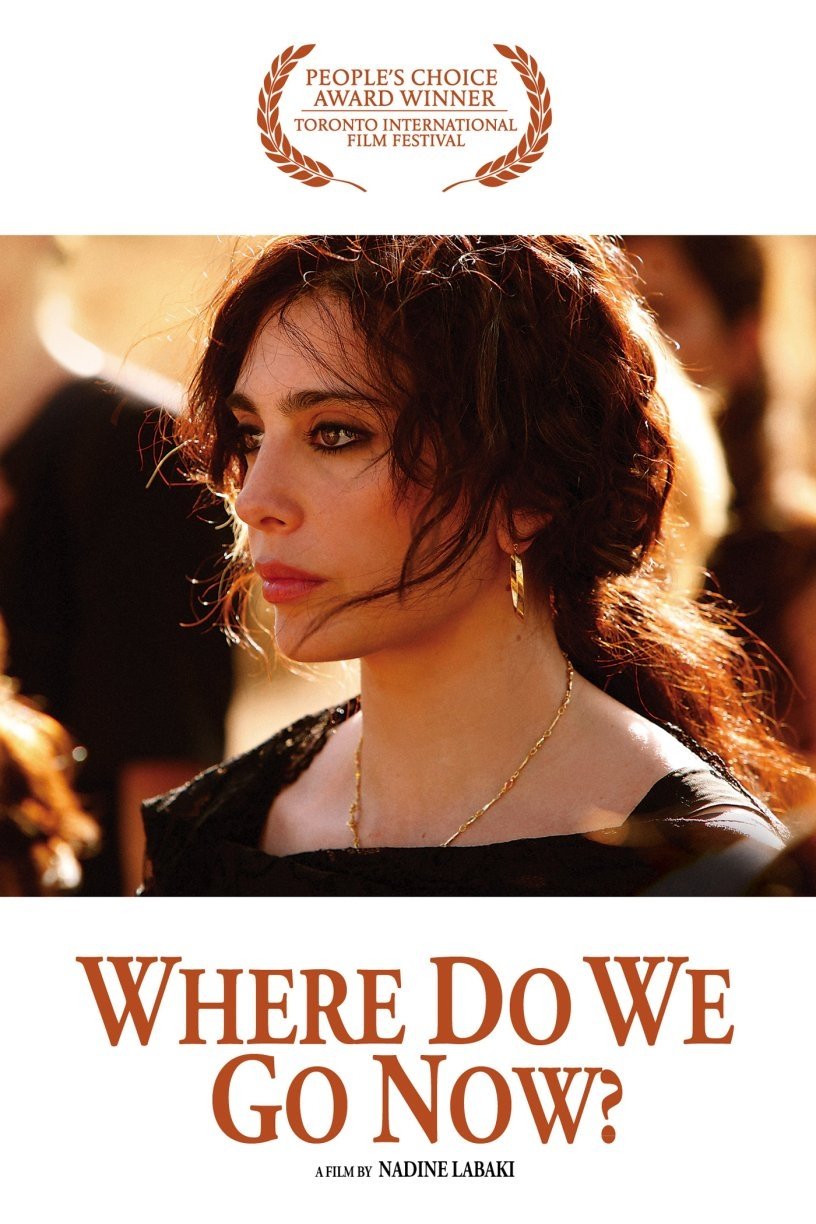 Where Do We Go Now?2011-09-14In a remote, isolated Lebanese village surrounded by land mines, Muslims and Christians live together in peace. As civil strife starts to engulf the country around them, the women in the village try, by various means and to varying success, to keep their men in the dark by sabotaging the village radio, and then destroying the village TV.More...
Where Do We Go Now?2011-09-14In a remote, isolated Lebanese village surrounded by land mines, Muslims and Christians live together in peace. As civil strife starts to engulf the country around them, the women in the village try, by various means and to varying success, to keep their men in the dark by sabotaging the village radio, and then destroying the village TV.More...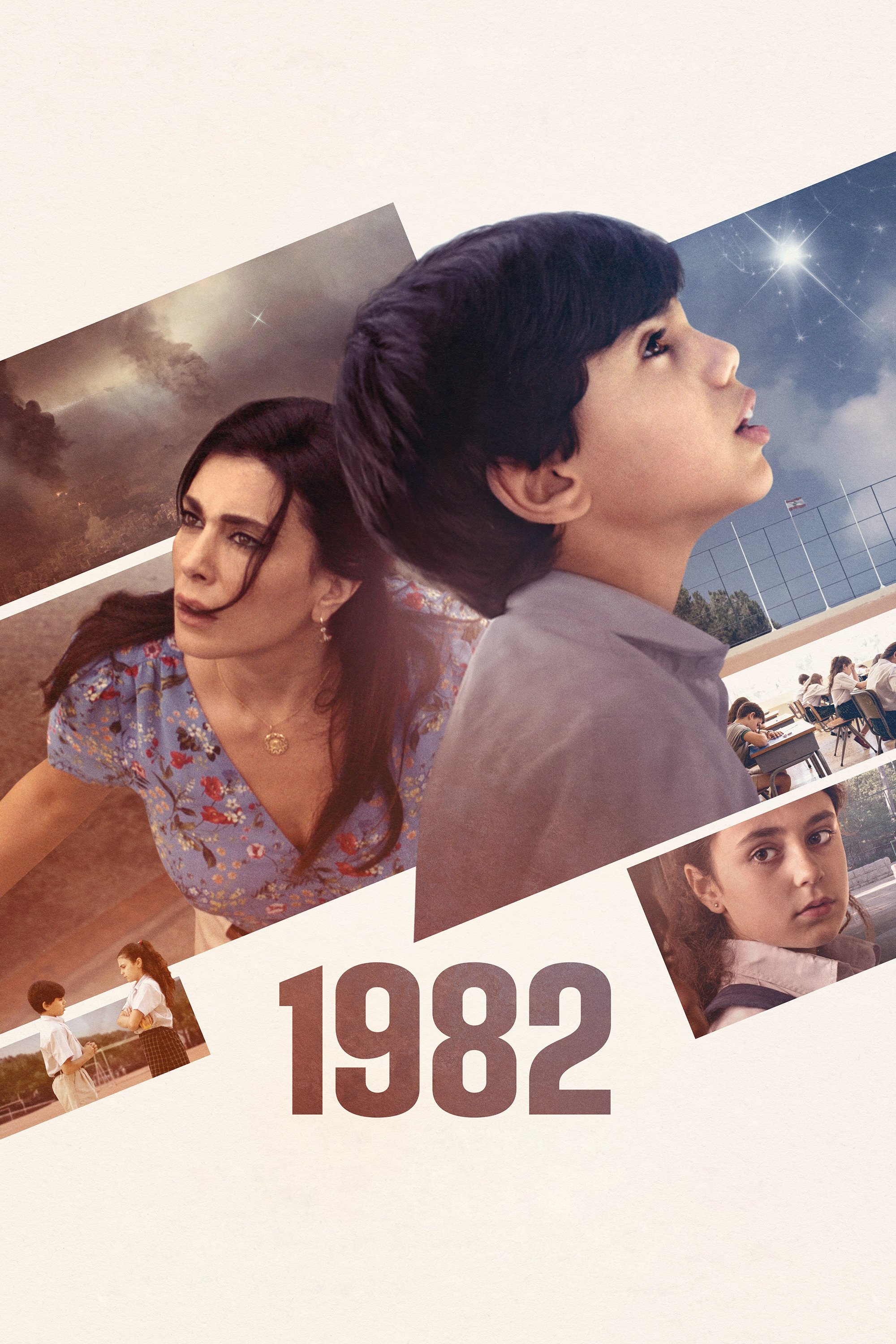 19822020-10-01On the eve of an invasion in 1982 Lebanon, an 11-year-old boy at a mountain school is determined to express his feelings to a classmate. As tension builds across the country, the day takes an unexpected turn, reflecting the fragile line between innocence and conflict. Through a child's eyes, the film explores the impact of war, the power of love, and the resilience of the human spirit.More...
19822020-10-01On the eve of an invasion in 1982 Lebanon, an 11-year-old boy at a mountain school is determined to express his feelings to a classmate. As tension builds across the country, the day takes an unexpected turn, reflecting the fragile line between innocence and conflict. Through a child's eyes, the film explores the impact of war, the power of love, and the resilience of the human spirit.More...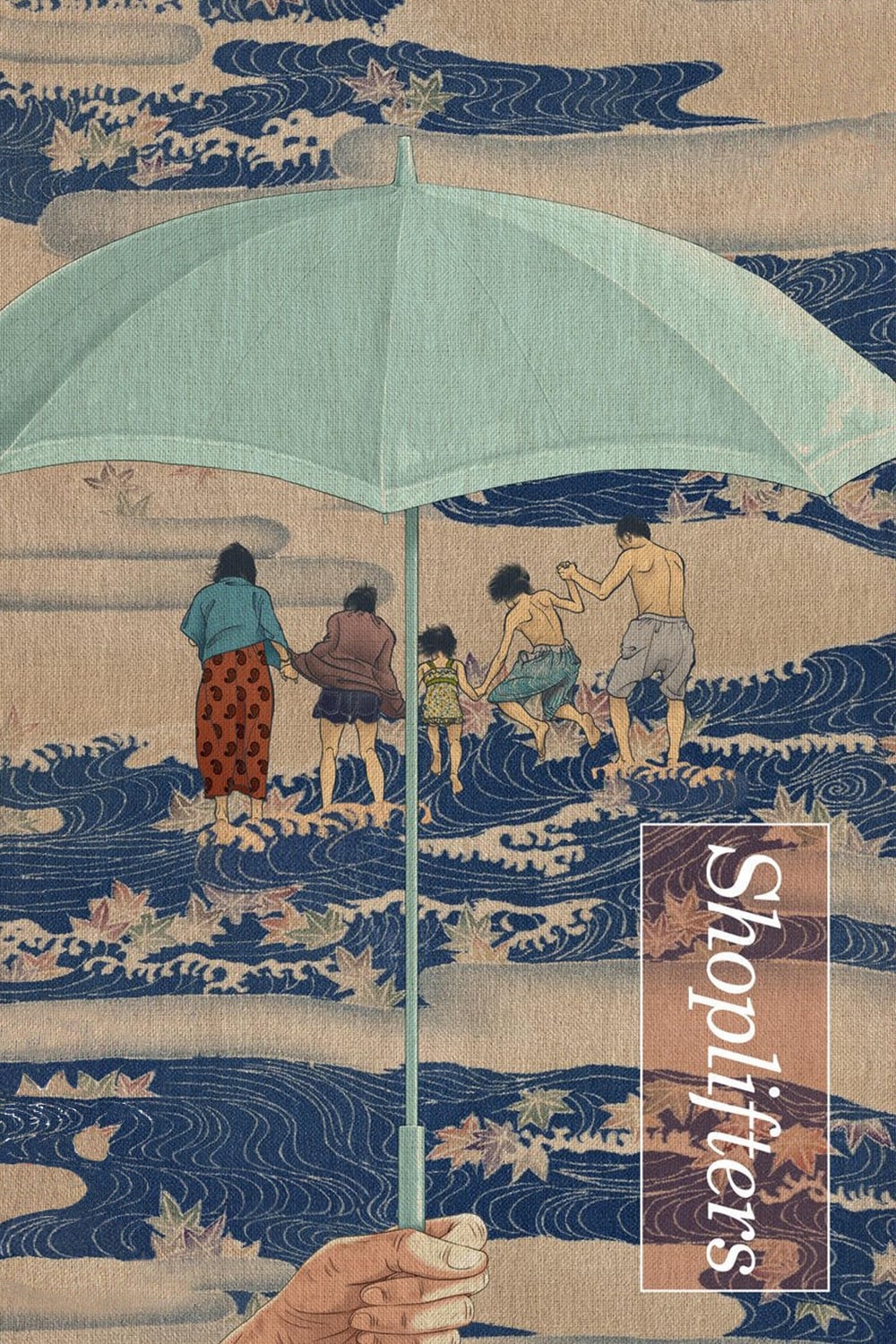 Shoplifters2018-06-02In the outskirts of Tokyo, a poor but close-knit group living on the fringes of society survives through shoplifting and odd jobs. When Osamu and his son take in a neglected young girl, their already fragile existence begins to unravel. As the family grows attached to her, buried secrets surface, forcing them to confront the true meaning of love, belonging, and what makes a family.More...
Shoplifters2018-06-02In the outskirts of Tokyo, a poor but close-knit group living on the fringes of society survives through shoplifting and odd jobs. When Osamu and his son take in a neglected young girl, their already fragile existence begins to unravel. As the family grows attached to her, buried secrets surface, forcing them to confront the true meaning of love, belonging, and what makes a family.More... A Wedding2017-02-22Zahira, 18, is close to her family until her parents ask her to follow Pakistani tradition to choose a husband. Torn between family customs and her western lifestyle, the young woman turns for help to her brother and confidant Amir.More...
A Wedding2017-02-22Zahira, 18, is close to her family until her parents ask her to follow Pakistani tradition to choose a husband. Torn between family customs and her western lifestyle, the young woman turns for help to her brother and confidant Amir.More...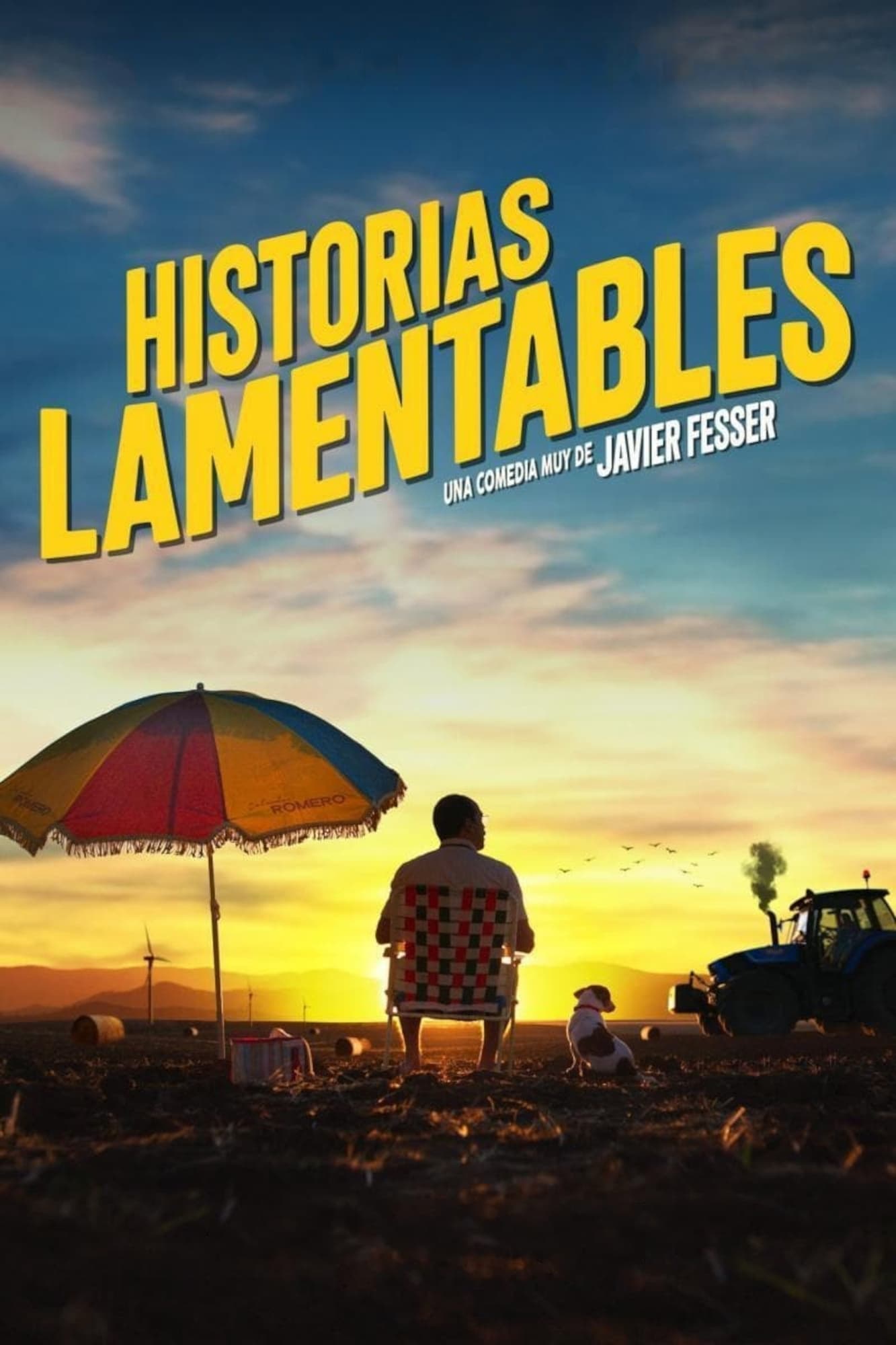 Historias lamentables2021-06-11This satirical anthology tells the surreal stories of a gift for Don Horacio, a trip to the beach for Bermejo, a life-changing relationship between Tina and the young immigrant Ayoub, and a new client for a company that specializes in excuses.More...
Historias lamentables2021-06-11This satirical anthology tells the surreal stories of a gift for Don Horacio, a trip to the beach for Bermejo, a life-changing relationship between Tina and the young immigrant Ayoub, and a new client for a company that specializes in excuses.More...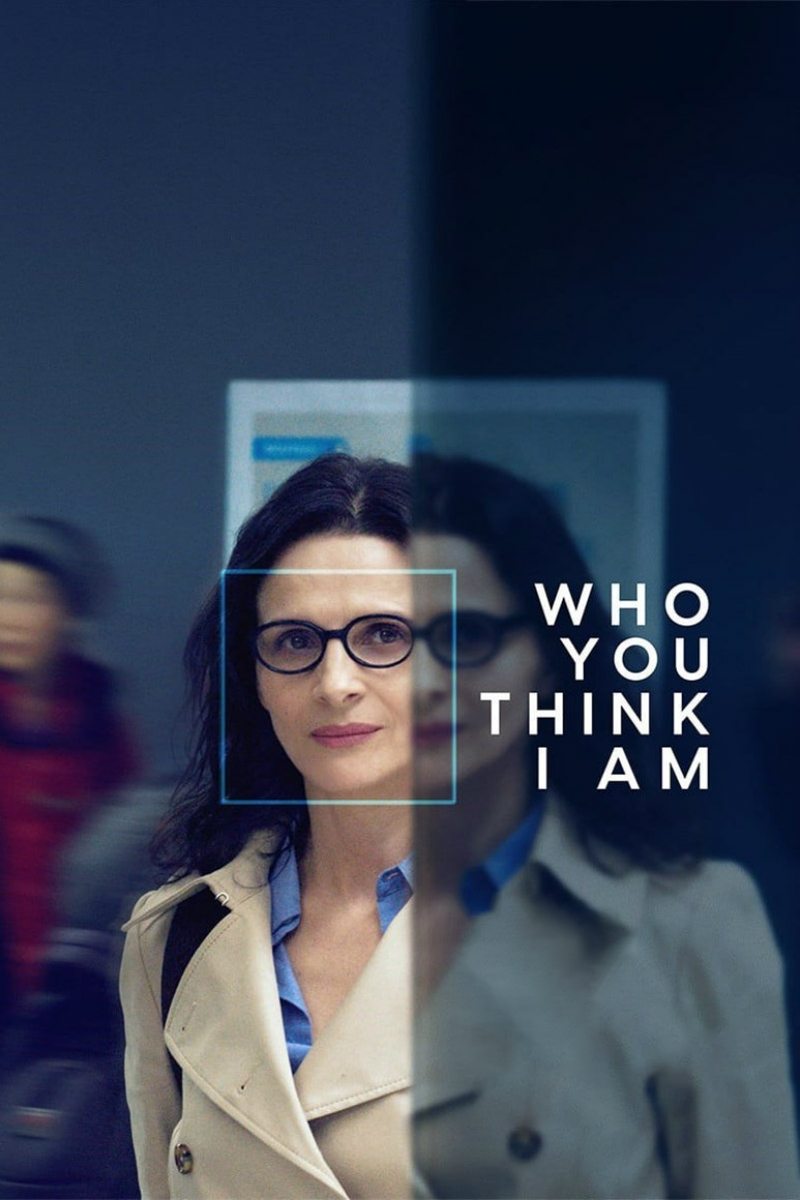 Who You Think I Am2019-02-27Claire, a 50-year-old divorced teacher, creates a fake Facebook profile of a 24-year-old woman to catfish Alex, the roommate of her former lover, Ludo.More...
Who You Think I Am2019-02-27Claire, a 50-year-old divorced teacher, creates a fake Facebook profile of a 24-year-old woman to catfish Alex, the roommate of her former lover, Ludo.More... Girl2018-09-18A promising teenage dancer enrolls at a prestigious ballet school while grappling with her gender dysphoria.More...
Girl2018-09-18A promising teenage dancer enrolls at a prestigious ballet school while grappling with her gender dysphoria.More...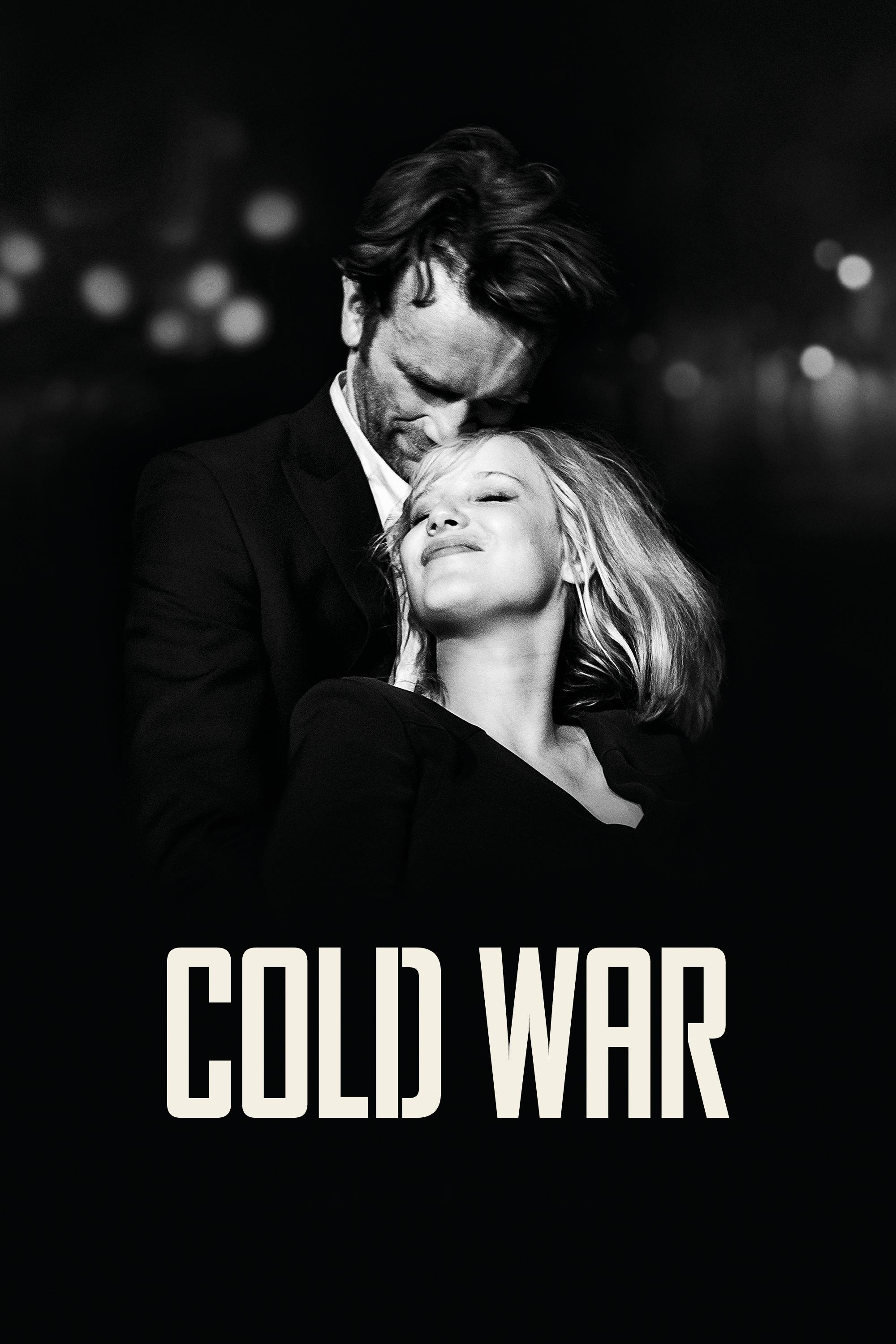 Cold War2018-06-08A man and a woman meet in the ruins of post-war Poland. With vastly different backgrounds and temperaments, they are fatally mismatched and yet drawn to each other.More...
Cold War2018-06-08A man and a woman meet in the ruins of post-war Poland. With vastly different backgrounds and temperaments, they are fatally mismatched and yet drawn to each other.More...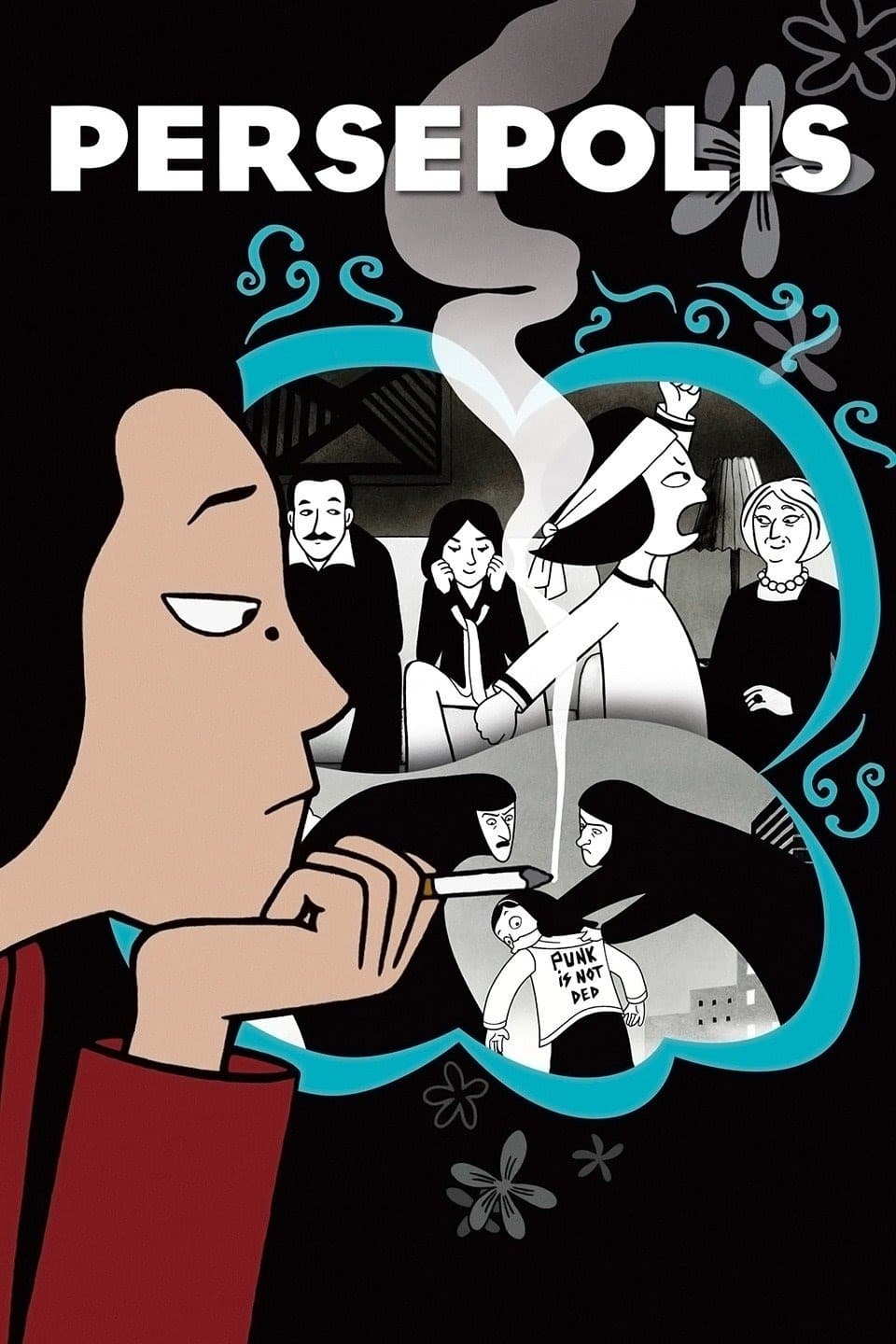 Persepolis2007-06-27In 1970s Iran, Marjane 'Marji' Satrapi watches events through her young eyes and her idealistic family of a long dream being fulfilled of the hated Shah's defeat in the Iranian Revolution of 1979. However as Marji grows up, she witnesses first hand how the new Iran, now ruled by Islamic fundamentalists, has become a repressive tyranny on its own.More...
Persepolis2007-06-27In 1970s Iran, Marjane 'Marji' Satrapi watches events through her young eyes and her idealistic family of a long dream being fulfilled of the hated Shah's defeat in the Iranian Revolution of 1979. However as Marji grows up, she witnesses first hand how the new Iran, now ruled by Islamic fundamentalists, has become a repressive tyranny on its own.More... Manhattan1979-04-25Manhattan explores how the life of a middle-aged television writer dating a teenage girl is further complicated when he falls in love with his best friend's mistress.More...
Manhattan1979-04-25Manhattan explores how the life of a middle-aged television writer dating a teenage girl is further complicated when he falls in love with his best friend's mistress.More... Green Book2018-11-16Tony Lip, a bouncer in 1962, is hired to drive pianist Don Shirley on a tour through the Deep South in the days when African Americans, forced to find alternate accommodations and services due to segregation laws below the Mason-Dixon Line, relied on a guide called The Negro Motorist Green Book.More...
Green Book2018-11-16Tony Lip, a bouncer in 1962, is hired to drive pianist Don Shirley on a tour through the Deep South in the days when African Americans, forced to find alternate accommodations and services due to segregation laws below the Mason-Dixon Line, relied on a guide called The Negro Motorist Green Book.More... The Truth2019-10-10Fabienne is a star; a star of French cinema. She reigns amongst men who love and admire her. When she publishes her memoirs, her daughter Lumir returns from New York to Paris with her husband and young child. The reunion between mother and daughter will quickly turn to confrontation: truths will be told, accounts settled, loves and resentments confessed.More...
The Truth2019-10-10Fabienne is a star; a star of French cinema. She reigns amongst men who love and admire her. When she publishes her memoirs, her daughter Lumir returns from New York to Paris with her husband and young child. The reunion between mother and daughter will quickly turn to confrontation: truths will be told, accounts settled, loves and resentments confessed.More... Three Seconds2017-12-28The story is set at the 1972 Munich Olympics where the U.S. team lost the basketball championship for the first time in 36 years. The final moments of the final game have become one of the most controversial events in Olympic history. With play tied, the score table horn sounded during a second free throw attempt that put the U.S. ahead by one. But the Soviets claimed they had called for a time out before the basket and confusion ensued. The clock was set back by three seconds twice in a row and the Russians finally prevailed at the very last. The U.S. protested, but a jury decided in the USSR’s favor and Team USA voted unanimously to refuse its silver medals. The Soviet players have been treated as heroes at home.More...
Three Seconds2017-12-28The story is set at the 1972 Munich Olympics where the U.S. team lost the basketball championship for the first time in 36 years. The final moments of the final game have become one of the most controversial events in Olympic history. With play tied, the score table horn sounded during a second free throw attempt that put the U.S. ahead by one. But the Soviets claimed they had called for a time out before the basket and confusion ensued. The clock was set back by three seconds twice in a row and the Russians finally prevailed at the very last. The U.S. protested, but a jury decided in the USSR’s favor and Team USA voted unanimously to refuse its silver medals. The Soviet players have been treated as heroes at home.More...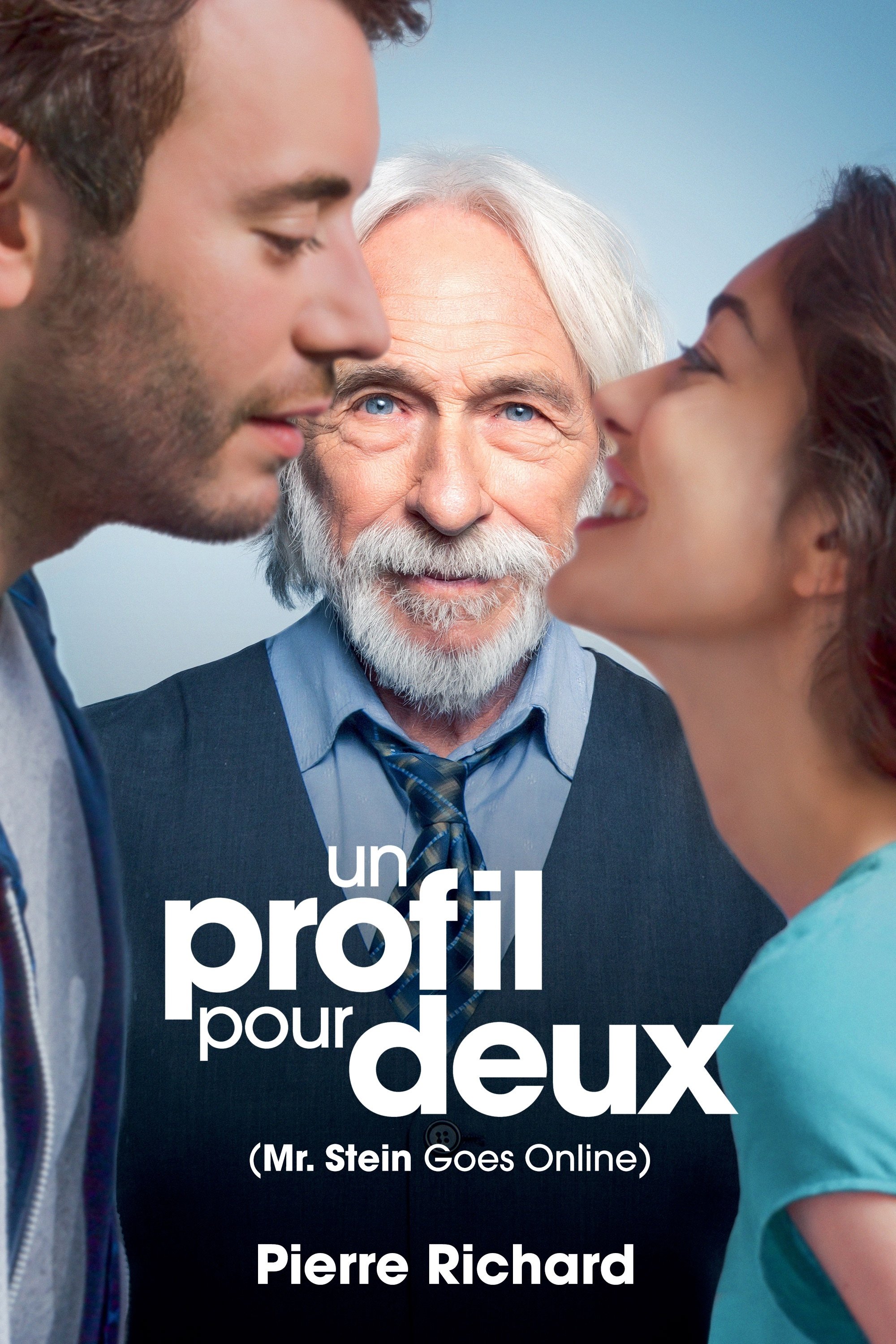 Mr. Stein Goes Online2017-02-17Pierre, widowed and retired, has not been out of his house for two years. He discovers the joys of the internet thanks to Alex, a young man hired by his daughter to teach him the basics of computer science. On a meeting place, a charming young woman, Flora63, seduced by the romanticism of Pierre, offers her a first date. Lovers, Pierre is back. But on his profile he put a picture of Alex and not his own. Pierre must convince the young man to meet Flora in his placeMore...
Mr. Stein Goes Online2017-02-17Pierre, widowed and retired, has not been out of his house for two years. He discovers the joys of the internet thanks to Alex, a young man hired by his daughter to teach him the basics of computer science. On a meeting place, a charming young woman, Flora63, seduced by the romanticism of Pierre, offers her a first date. Lovers, Pierre is back. But on his profile he put a picture of Alex and not his own. Pierre must convince the young man to meet Flora in his placeMore...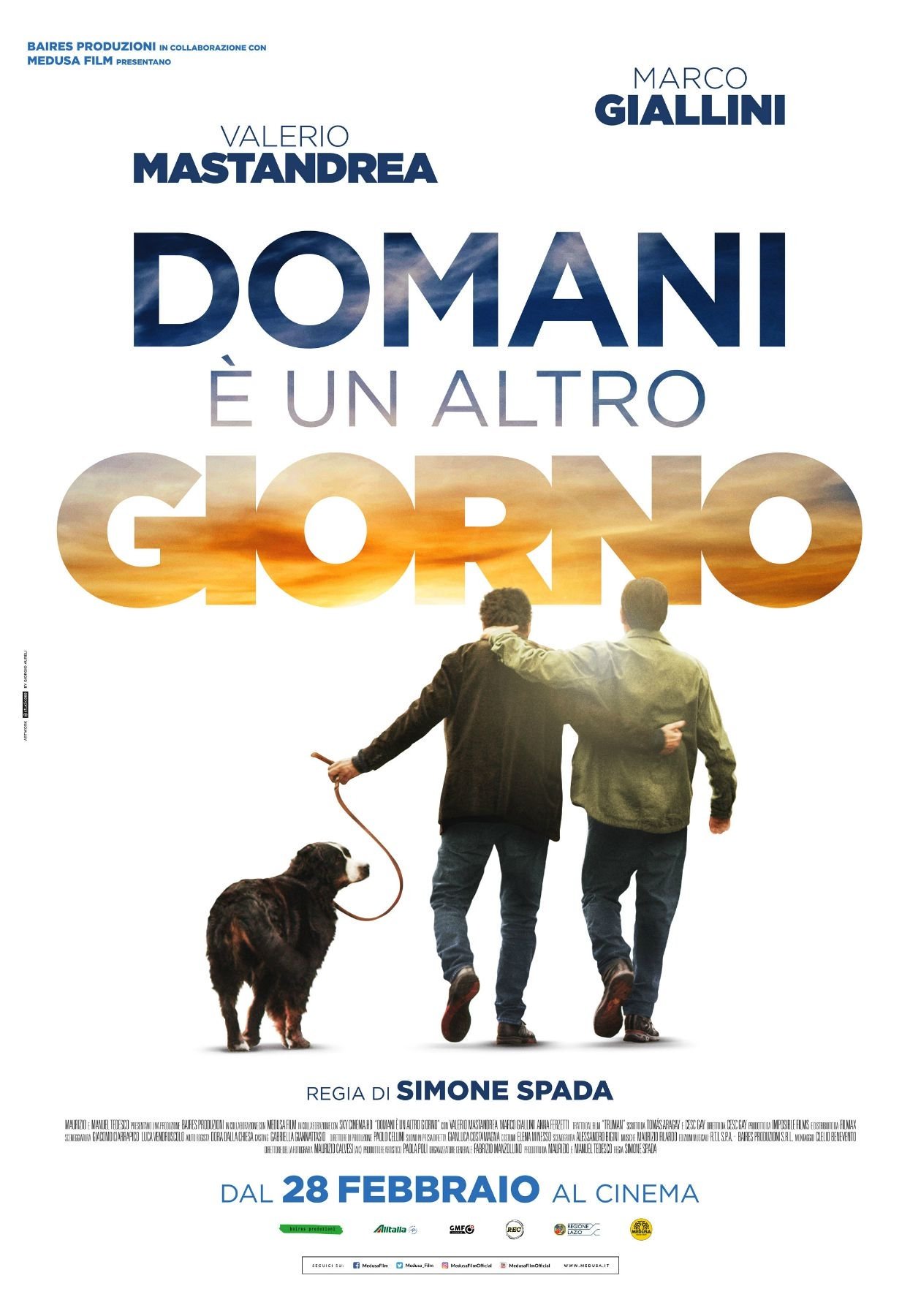 Tomorrow's a New Day2019-02-28When theatre actor Giuliano receives an unexpected visit from his childhood friend Tommasso, the encounter is bittersweet. This reunion is their first meeting in many years, triggered by Giuliano’s failing health and his decision to forgo treatment. Instead he is focussed on putting his affairs in order: distributing possessions, reconciling past disputes, and, most importantly, finding a home for his beloved canine, Pato. Over four days, the two men walk the streets of Rome, visiting bookshops, restaurants, veterinarians and friends, examining their lives and speculating on what the future holds.More...
Tomorrow's a New Day2019-02-28When theatre actor Giuliano receives an unexpected visit from his childhood friend Tommasso, the encounter is bittersweet. This reunion is their first meeting in many years, triggered by Giuliano’s failing health and his decision to forgo treatment. Instead he is focussed on putting his affairs in order: distributing possessions, reconciling past disputes, and, most importantly, finding a home for his beloved canine, Pato. Over four days, the two men walk the streets of Rome, visiting bookshops, restaurants, veterinarians and friends, examining their lives and speculating on what the future holds.More...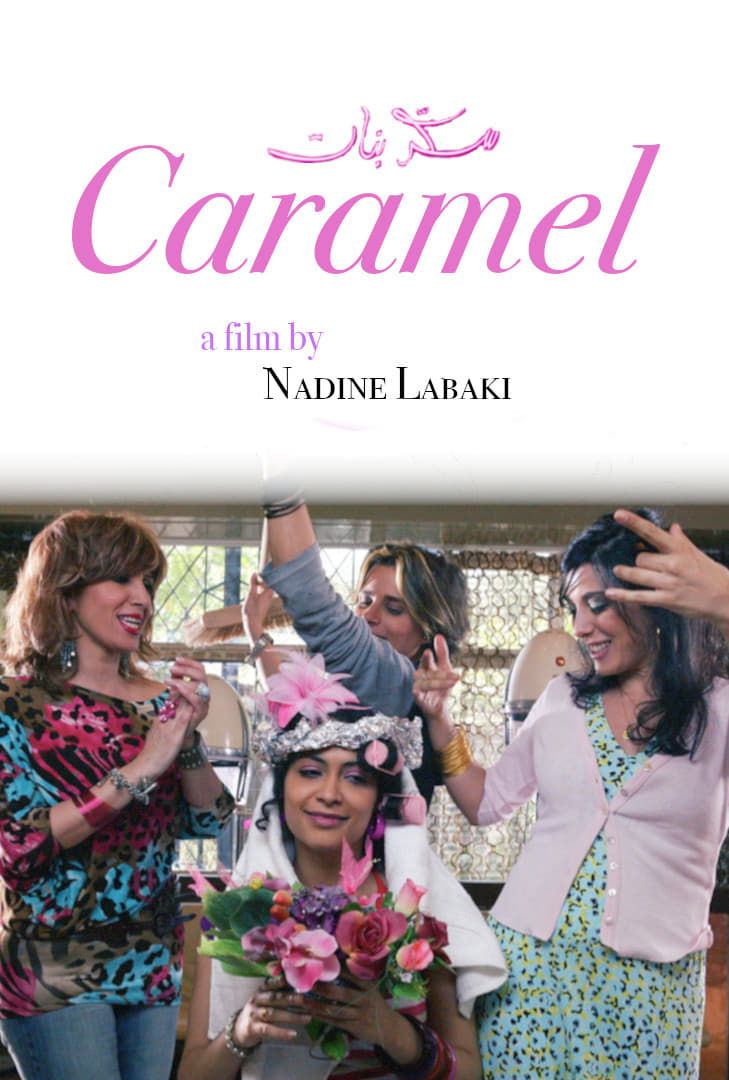 Caramel2007-08-09In a beauty salon in Beirut the lives of five women cross paths. The beauty salon is a colorful and sensual microcosm where they share and entrust their hopes, fears and expectations.More...
Caramel2007-08-09In a beauty salon in Beirut the lives of five women cross paths. The beauty salon is a colorful and sensual microcosm where they share and entrust their hopes, fears and expectations.More...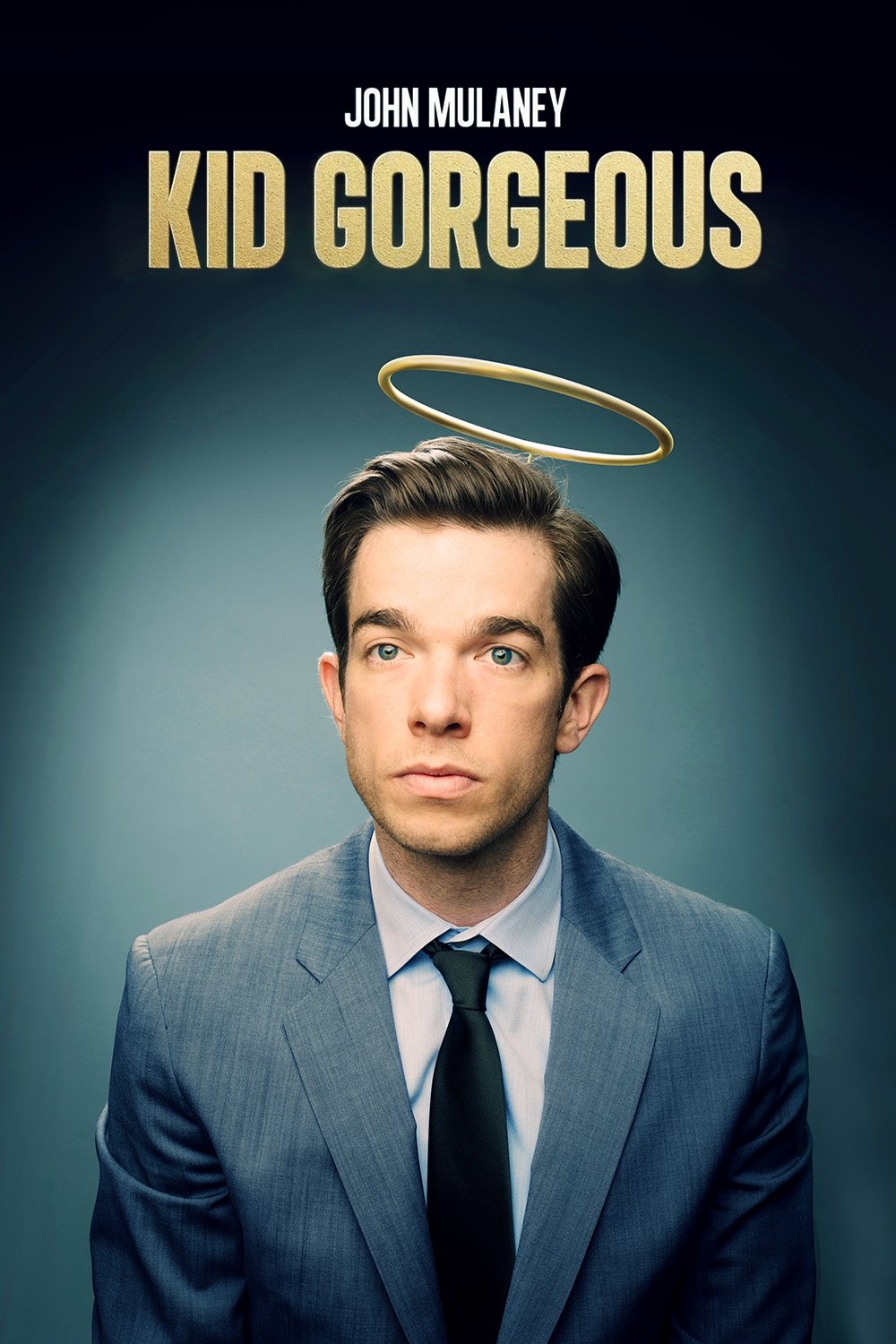 John Mulaney: Kid Gorgeous at Radio City2018-05-01John Mulaney relays stories from his childhood and "SNL," eviscerates the value of college and laments getting older in this electric comedy special.More...
John Mulaney: Kid Gorgeous at Radio City2018-05-01John Mulaney relays stories from his childhood and "SNL," eviscerates the value of college and laments getting older in this electric comedy special.More...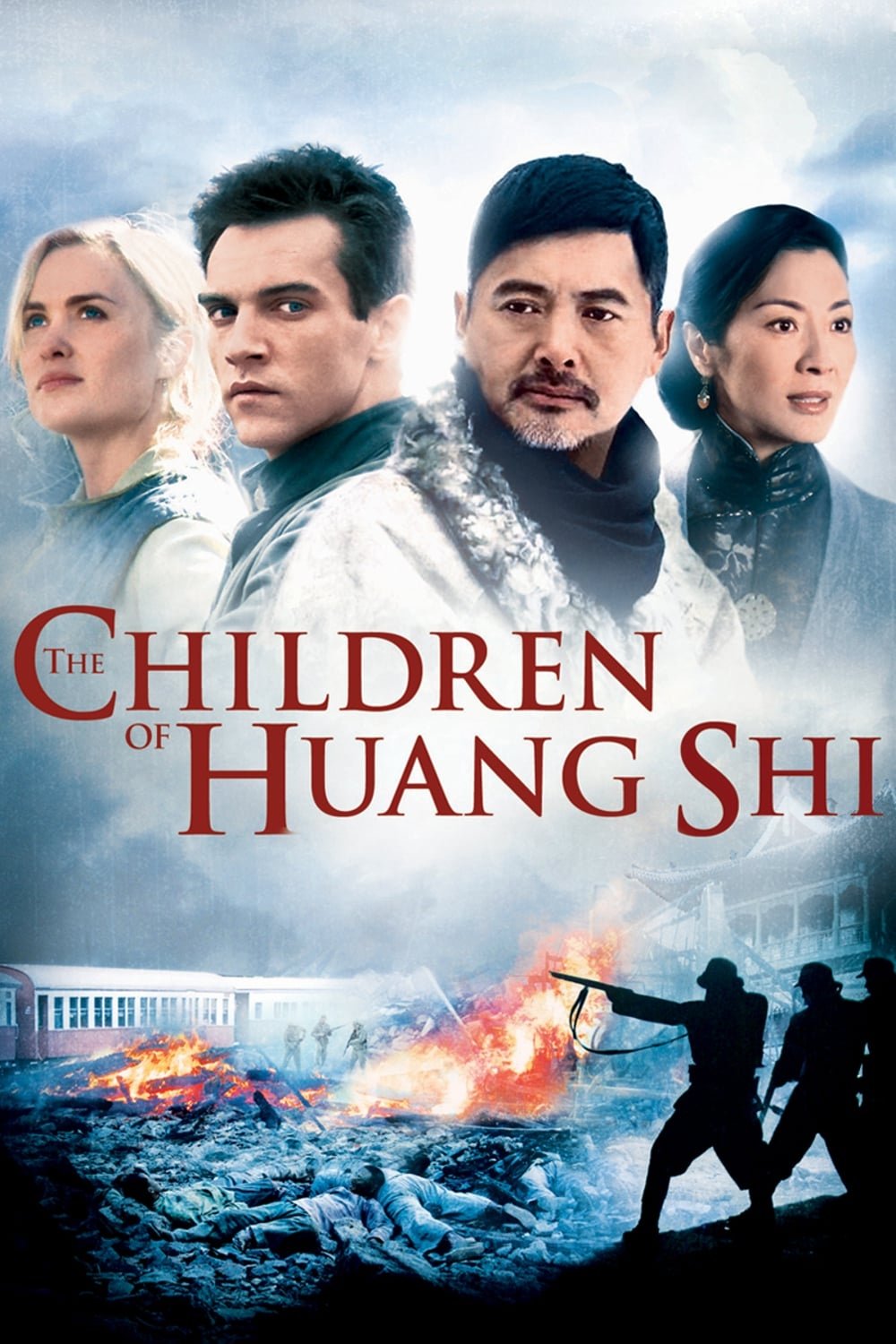 The Children of Huang Shi2008-04-03About young British journalist, George Hogg, who with the assistance of a courageous Australian nurse, saves a group of orphaned children during the Japanese occupation of China in 1937.More...
The Children of Huang Shi2008-04-03About young British journalist, George Hogg, who with the assistance of a courageous Australian nurse, saves a group of orphaned children during the Japanese occupation of China in 1937.More...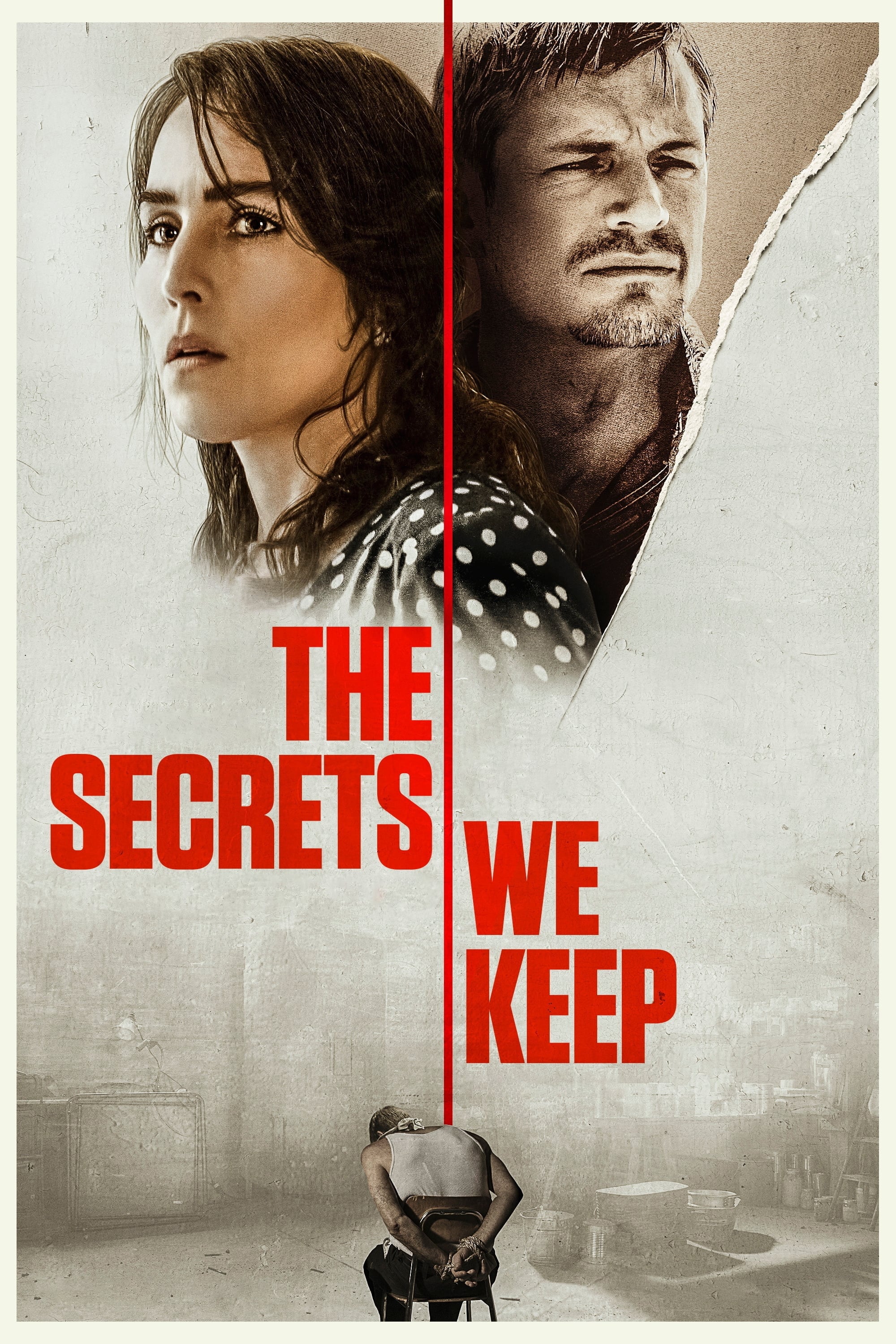 The Secrets We Keep2020-09-16In post-World War II America, a woman, rebuilding her life in the suburbs with her husband, kidnaps her neighbor and seeks vengeance for the heinous war crimes she believes he committed against her.More...
The Secrets We Keep2020-09-16In post-World War II America, a woman, rebuilding her life in the suburbs with her husband, kidnaps her neighbor and seeks vengeance for the heinous war crimes she believes he committed against her.More...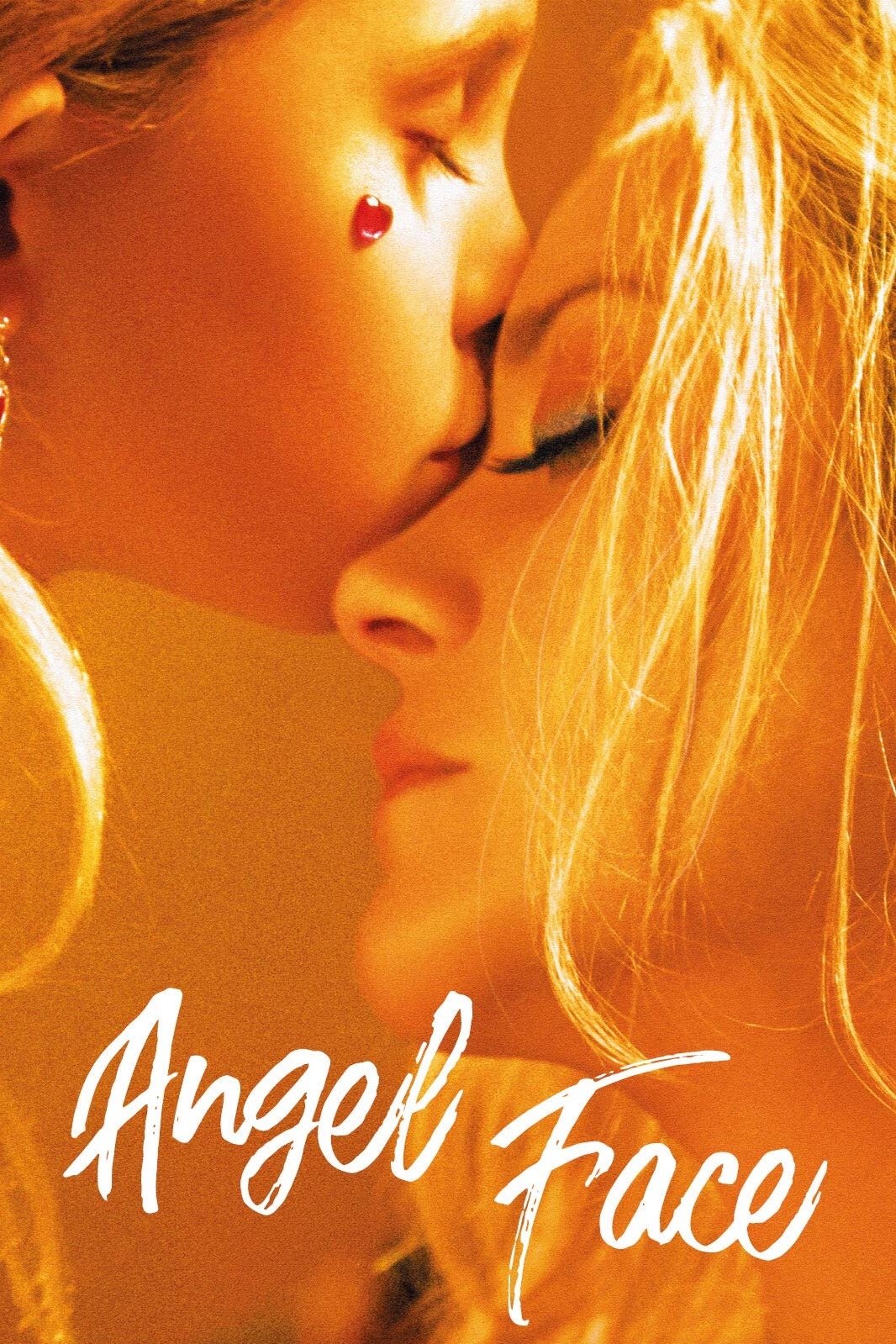 Angel Face2018-05-238-year-old Elli and her mother, Marlène, live in a small town by the French Riviera where they act out to relieve boredom and hide from social services. When Marlène caves in to yet another night of excess, she chooses to leave Elli behind for a man she just met. The young child must confront her mother's demons in order to get her back.More...
Angel Face2018-05-238-year-old Elli and her mother, Marlène, live in a small town by the French Riviera where they act out to relieve boredom and hide from social services. When Marlène caves in to yet another night of excess, she chooses to leave Elli behind for a man she just met. The young child must confront her mother's demons in order to get her back.More...
Similar Movies
The Sixth Sense
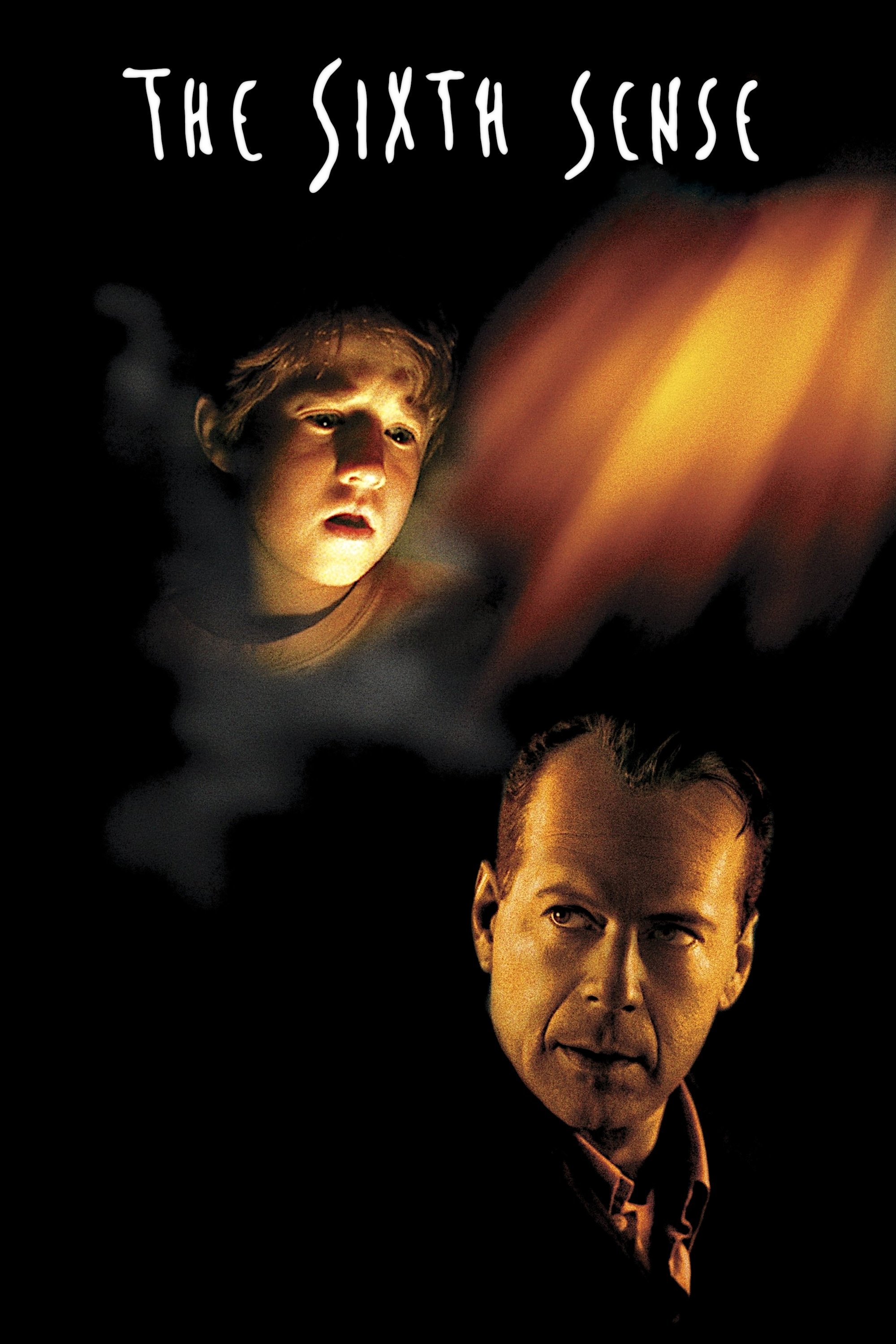 1999-08-06Following an unexpected tragedy, child psychologist Malcolm Crowe meets a nine year old boy named Cole Sear, who is hiding a dark secret.
1999-08-06Following an unexpected tragedy, child psychologist Malcolm Crowe meets a nine year old boy named Cole Sear, who is hiding a dark secret.Dogville
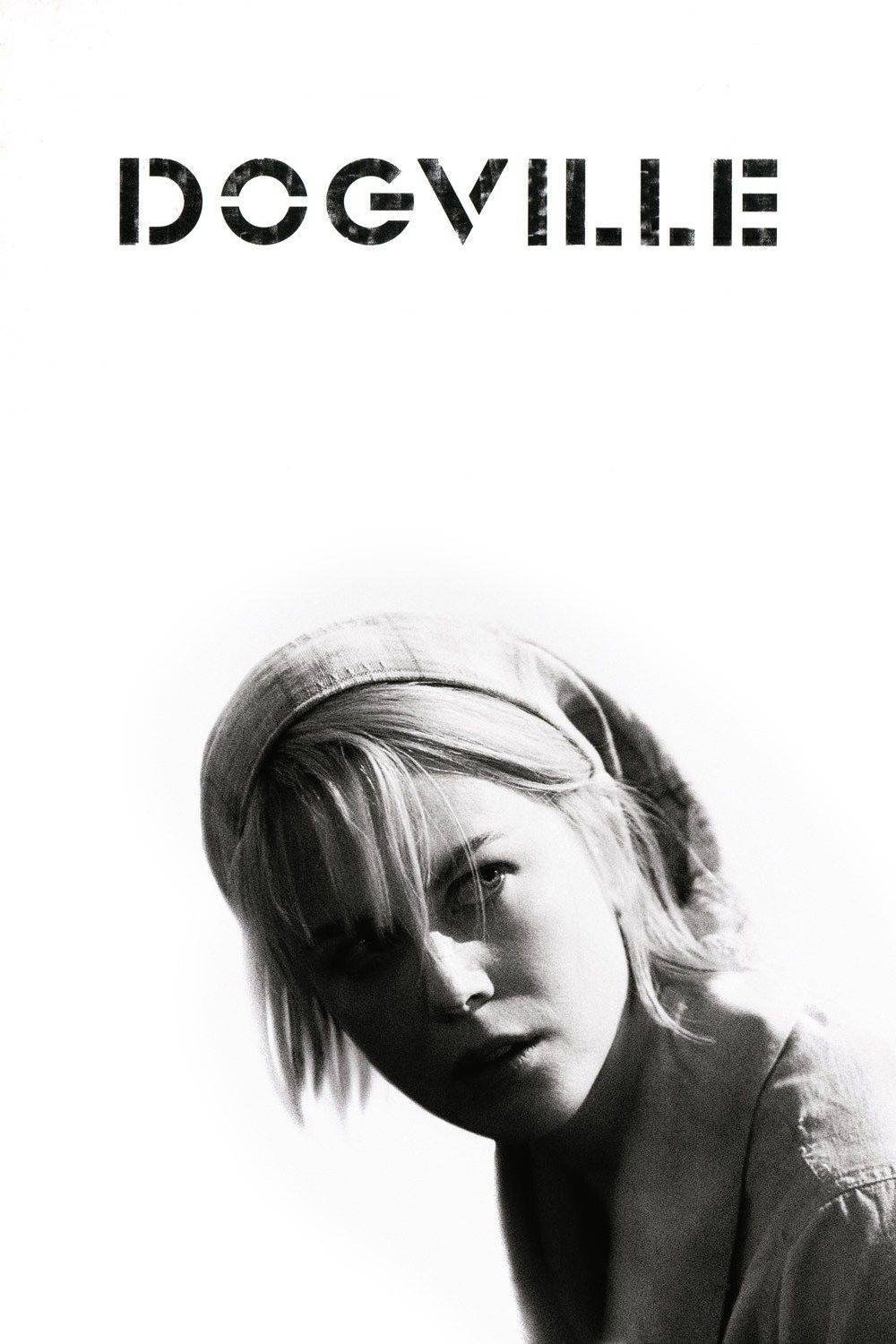 2003-05-21When beautiful young Grace arrives in the isolated township of Dogville, the small community agrees to hide her from a gang of ruthless gangsters, and, in return, Grace agrees to do odd jobs for the townspeople.
2003-05-21When beautiful young Grace arrives in the isolated township of Dogville, the small community agrees to hide her from a gang of ruthless gangsters, and, in return, Grace agrees to do odd jobs for the townspeople.Munich
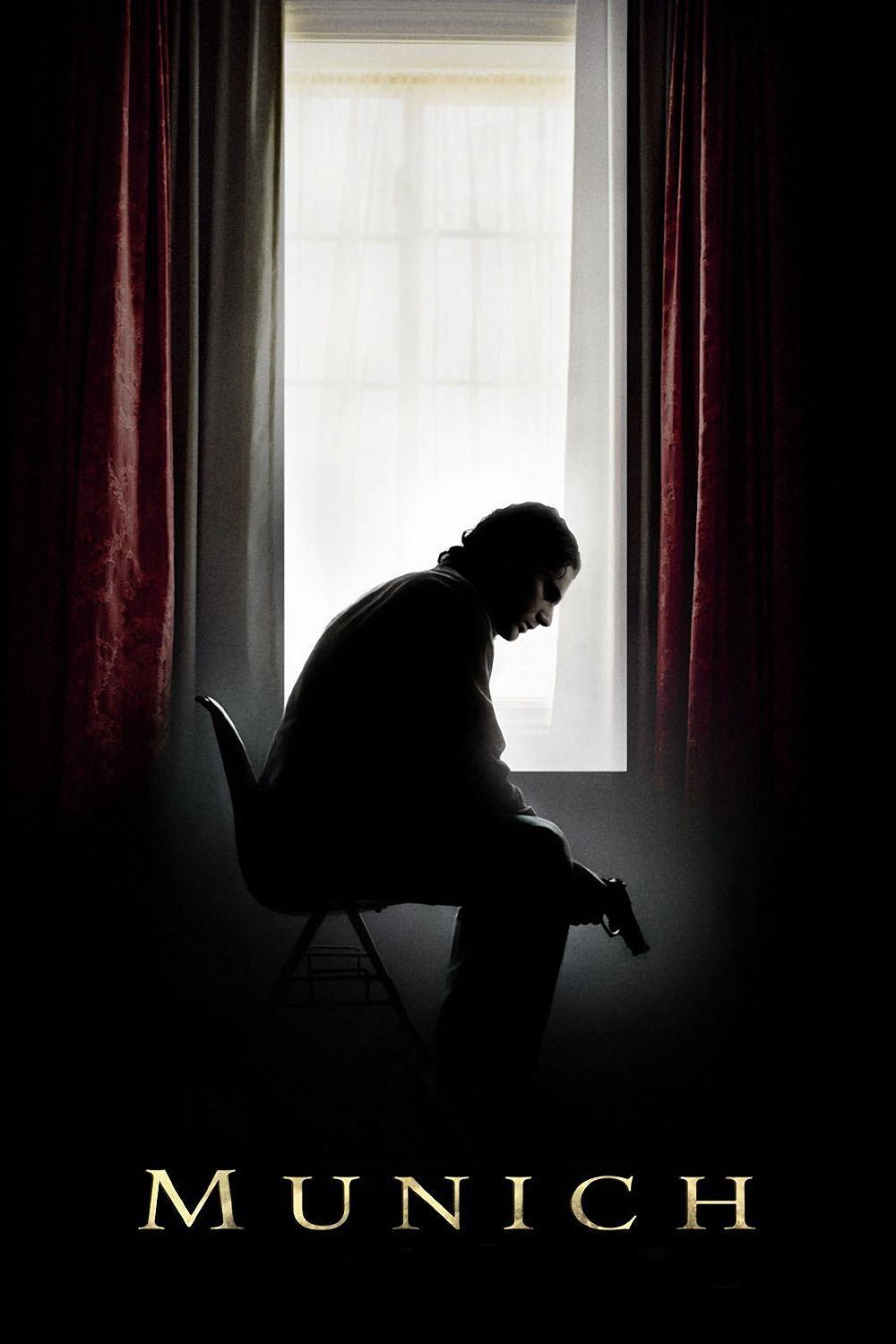 2005-12-23During the 1972 Olympic Games in Munich, eleven Israeli athletes are taken hostage and murdered by a Palestinian terrorist group known as Black September. In retaliation, the Israeli government recruits a group of Mossad agents to track down and execute those responsible for the attack.
2005-12-23During the 1972 Olympic Games in Munich, eleven Israeli athletes are taken hostage and murdered by a Palestinian terrorist group known as Black September. In retaliation, the Israeli government recruits a group of Mossad agents to track down and execute those responsible for the attack.Hidden Away
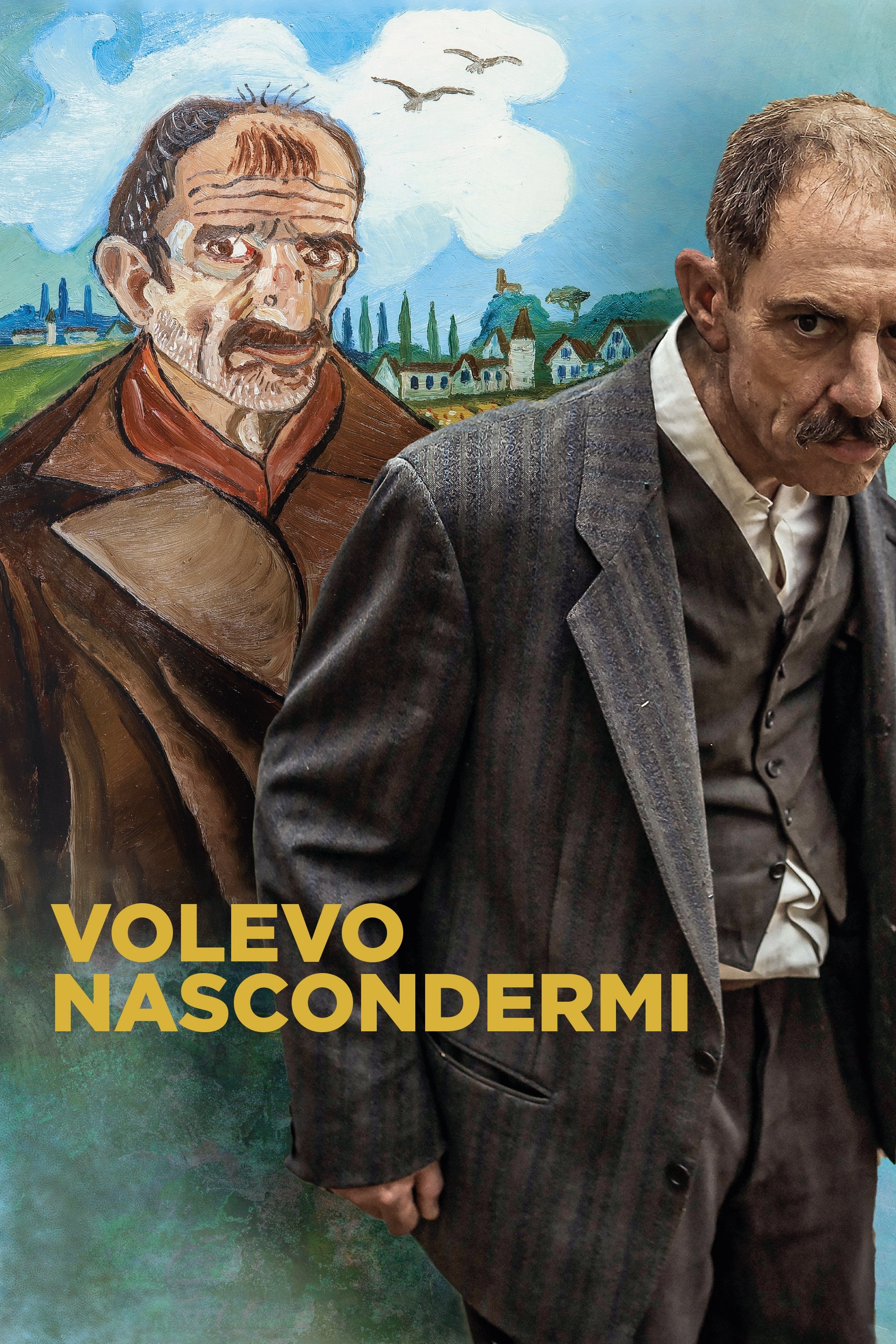 2020-02-27The film tackles the life journey of Toni Ligabue, visionary naïf painter who used to draw tigers, lions and jaguars while living among the poplar trees of the boundless Po valley. A harsh life that is a fairy tale too, as a lonely and marginalized kid finds redemption in his art, and a way to express himself and be admired by the world.
2020-02-27The film tackles the life journey of Toni Ligabue, visionary naïf painter who used to draw tigers, lions and jaguars while living among the poplar trees of the boundless Po valley. A harsh life that is a fairy tale too, as a lonely and marginalized kid finds redemption in his art, and a way to express himself and be admired by the world.Princesses
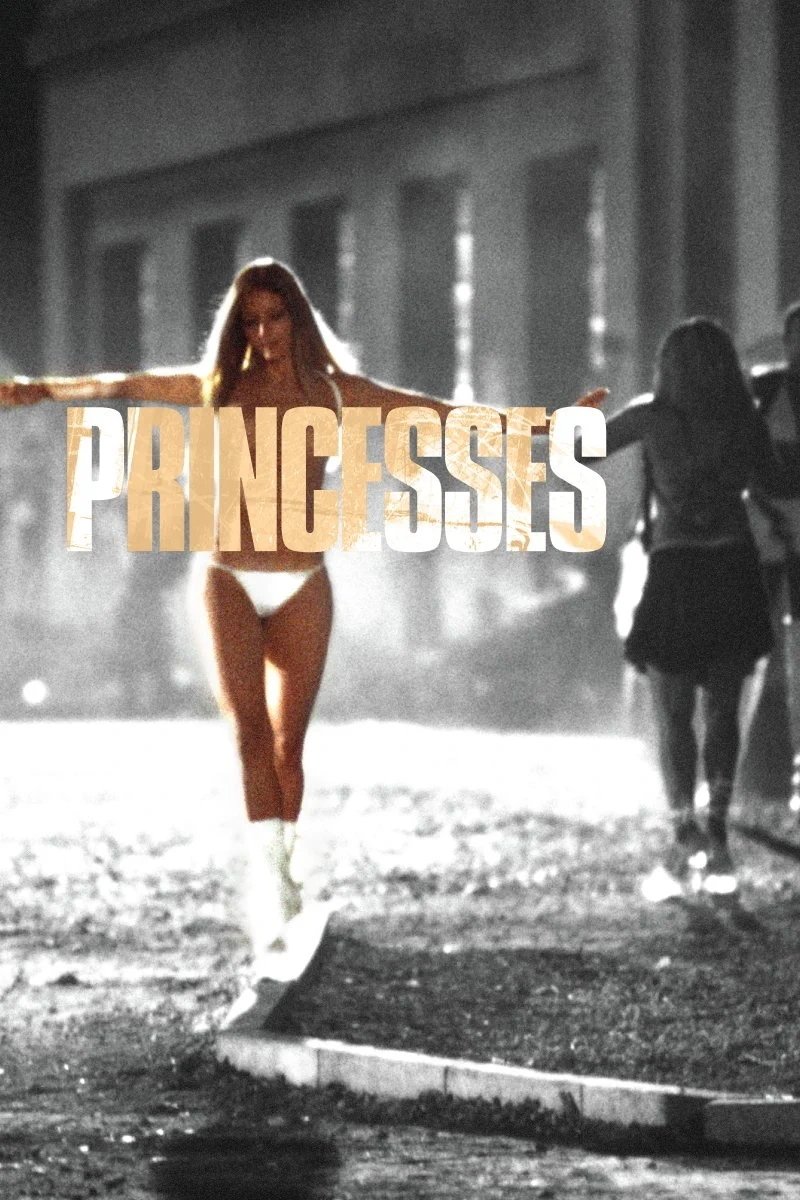 2005-09-02Caye is a young prostitute whose family is unaware of her profession. She meets her striking Dominican neighbour Zulema, an illegal immigrant, after she finds her in the bathroom, badly beaten up. They strike up a close friendship unbeknownst to Caye's xenophobic co-workers.
2005-09-02Caye is a young prostitute whose family is unaware of her profession. She meets her striking Dominican neighbour Zulema, an illegal immigrant, after she finds her in the bathroom, badly beaten up. They strike up a close friendship unbeknownst to Caye's xenophobic co-workers.Superstar: The Karen ...
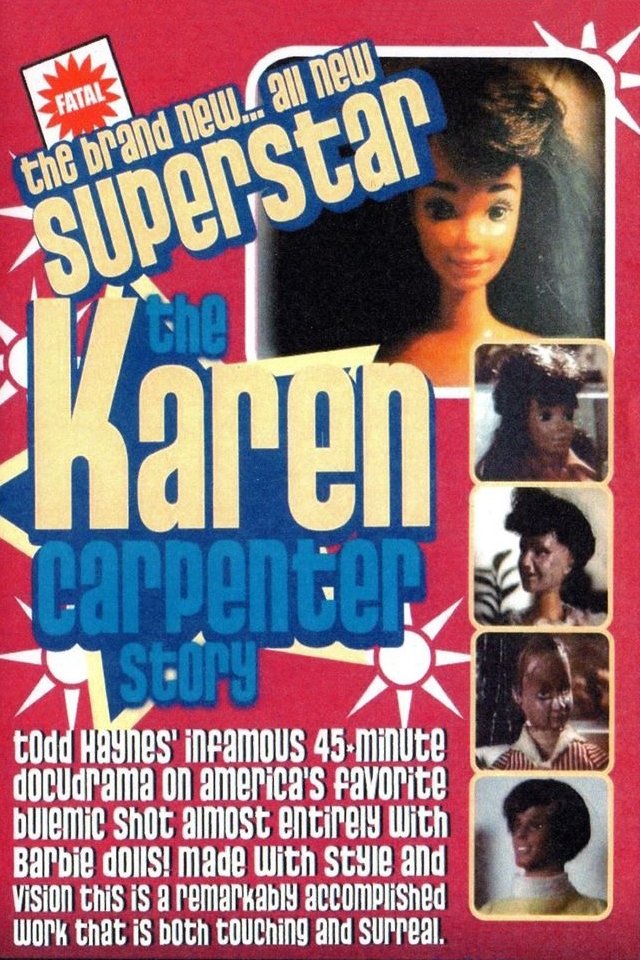 1987-07-15The final 17 years of American singer and musician Karen Carpenter, performed almost entirely by modified Barbie dolls.
1987-07-15The final 17 years of American singer and musician Karen Carpenter, performed almost entirely by modified Barbie dolls.Greed
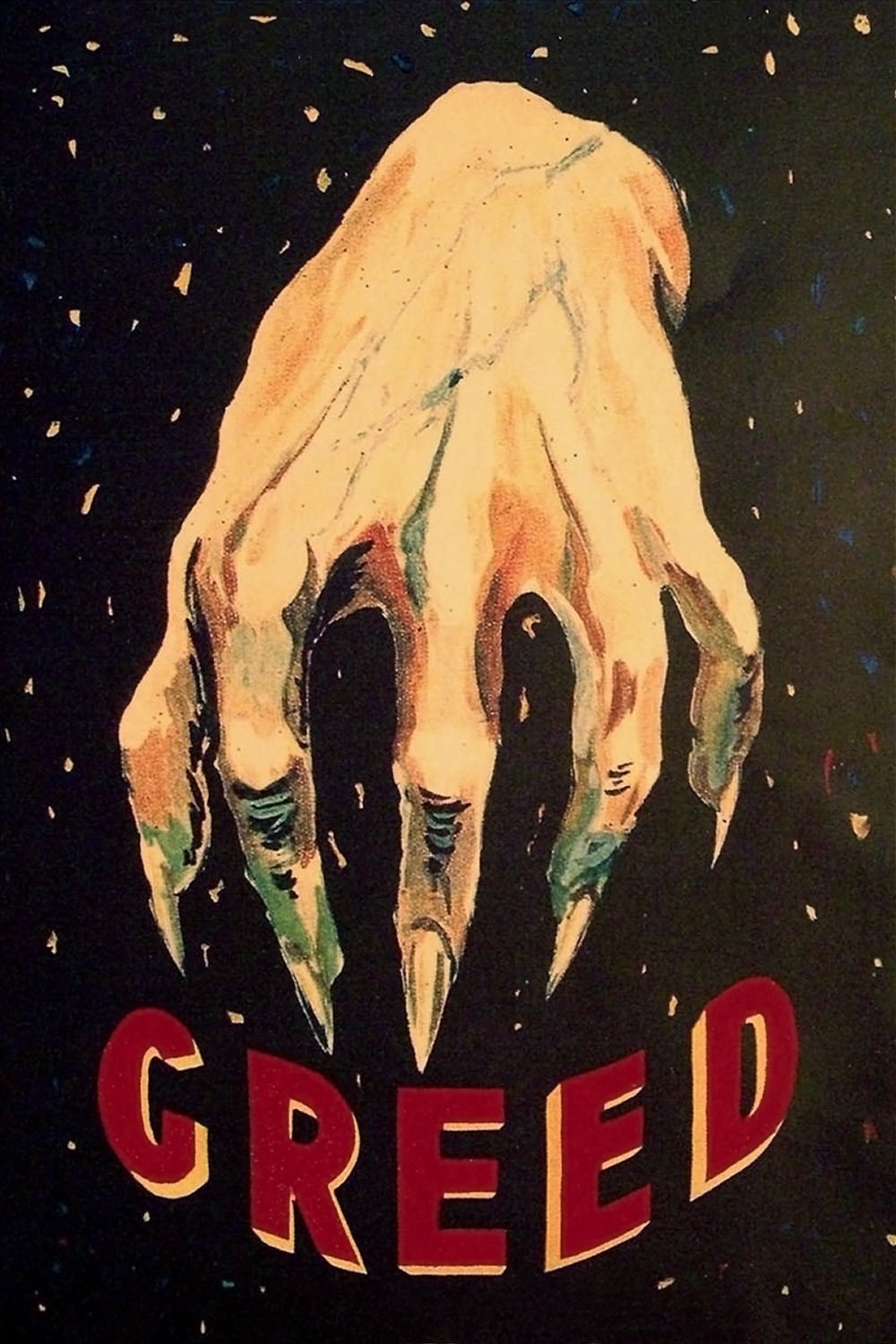 1924-12-04A lottery win of $5,000 forever changes the lives of a miner turned dentist and his wife.
1924-12-04A lottery win of $5,000 forever changes the lives of a miner turned dentist and his wife.Sleepers
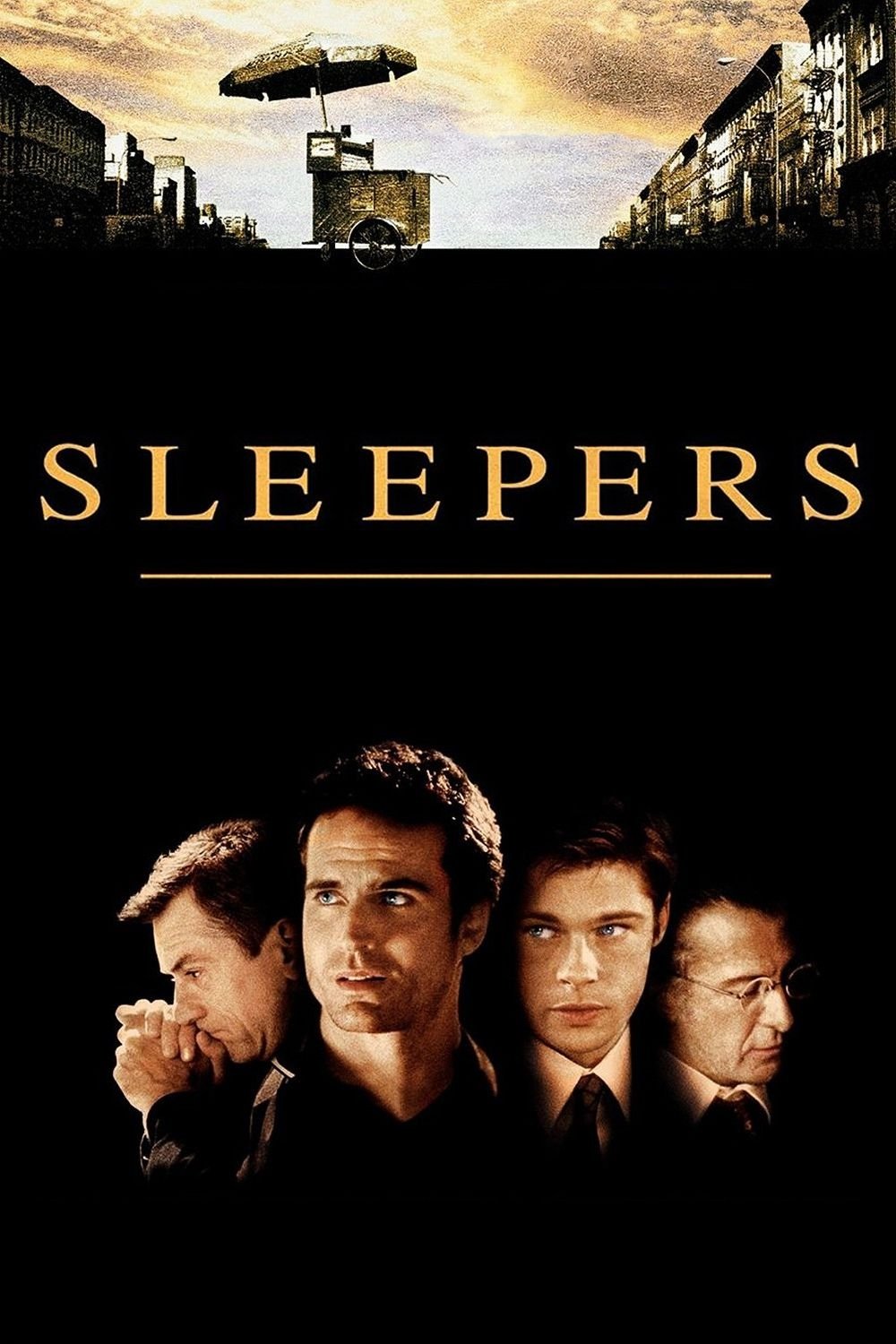 1996-10-18Two gangsters seek revenge on the state jail worker who during their stay at a youth prison sexually abused them. A sensational court hearing takes place to charge him for the crimes.
1996-10-18Two gangsters seek revenge on the state jail worker who during their stay at a youth prison sexually abused them. A sensational court hearing takes place to charge him for the crimes.Tsotsi
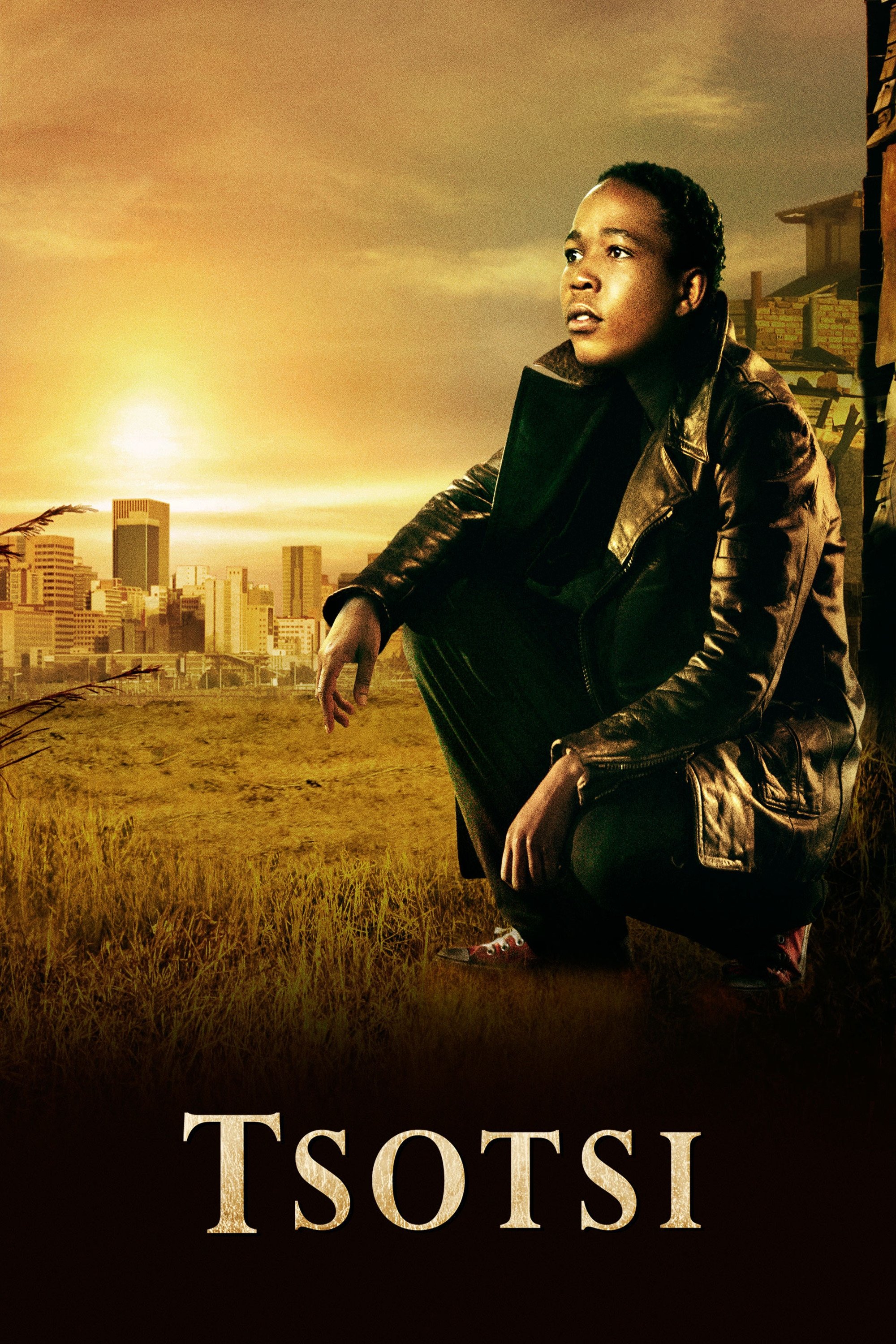 2005-12-23A young South African boy from the Johannesburg ghetto named Tsotsi, meaning Gangster, leaves home as a child to get away from his helpless parents. Now a teenage thug, Tsotsi finds a baby in the back seat of a car he's just stolen. He decides that it is his responsibility to care for the infant and in the process learns that maybe the criminal life isn’t the best way.
2005-12-23A young South African boy from the Johannesburg ghetto named Tsotsi, meaning Gangster, leaves home as a child to get away from his helpless parents. Now a teenage thug, Tsotsi finds a baby in the back seat of a car he's just stolen. He decides that it is his responsibility to care for the infant and in the process learns that maybe the criminal life isn’t the best way.Hotel Rwanda
 2004-12-22Inspired by true events, this film takes place in Rwanda in the 1990s when more than a million Tutsis were killed in a genocide that went mostly unnoticed by the rest of the world. Hotel owner Paul Rusesabagina houses over a thousand refuges in his hotel in attempt to save their lives.
2004-12-22Inspired by true events, this film takes place in Rwanda in the 1990s when more than a million Tutsis were killed in a genocide that went mostly unnoticed by the rest of the world. Hotel owner Paul Rusesabagina houses over a thousand refuges in his hotel in attempt to save their lives.Volver
 2006-03-17Three generations of women survive the east wind, fire, insanity, superstition and even death by means of goodness, lies and boundless vitality.
2006-03-17Three generations of women survive the east wind, fire, insanity, superstition and even death by means of goodness, lies and boundless vitality.Syriana
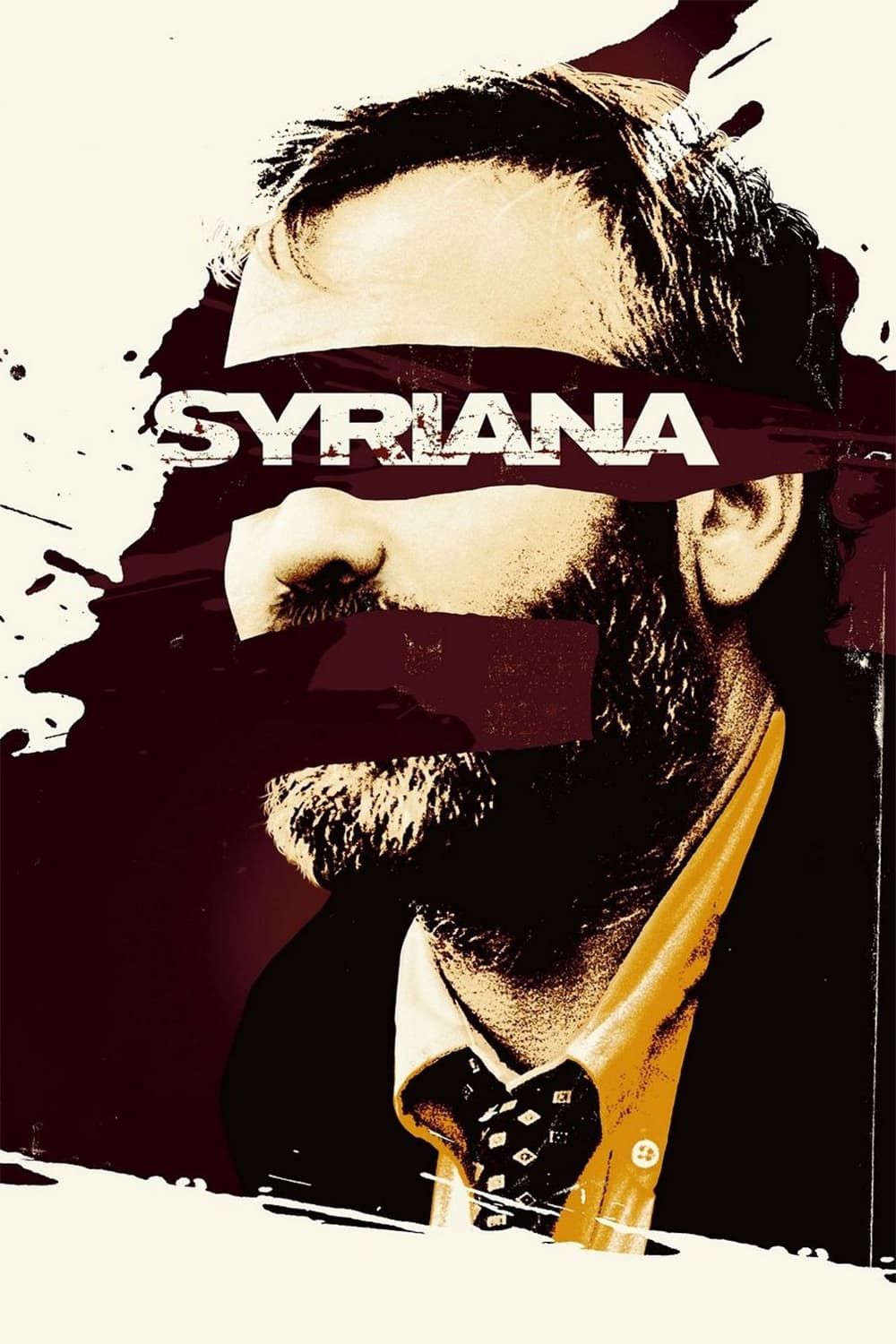 2005-11-23The Middle Eastern oil industry is the backdrop of this tense drama, which weaves together numerous story lines. Bennett Holiday is an American lawyer in charge of facilitating a dubious merger of oil companies, while Bryan Woodman, a Switzerland-based energy analyst, experiences both personal tragedy and opportunity during a visit with Arabian royalty. Meanwhile, veteran CIA agent Bob Barnes uncovers an assassination plot with unsettling origins.
2005-11-23The Middle Eastern oil industry is the backdrop of this tense drama, which weaves together numerous story lines. Bennett Holiday is an American lawyer in charge of facilitating a dubious merger of oil companies, while Bryan Woodman, a Switzerland-based energy analyst, experiences both personal tragedy and opportunity during a visit with Arabian royalty. Meanwhile, veteran CIA agent Bob Barnes uncovers an assassination plot with unsettling origins.Oliver Twist
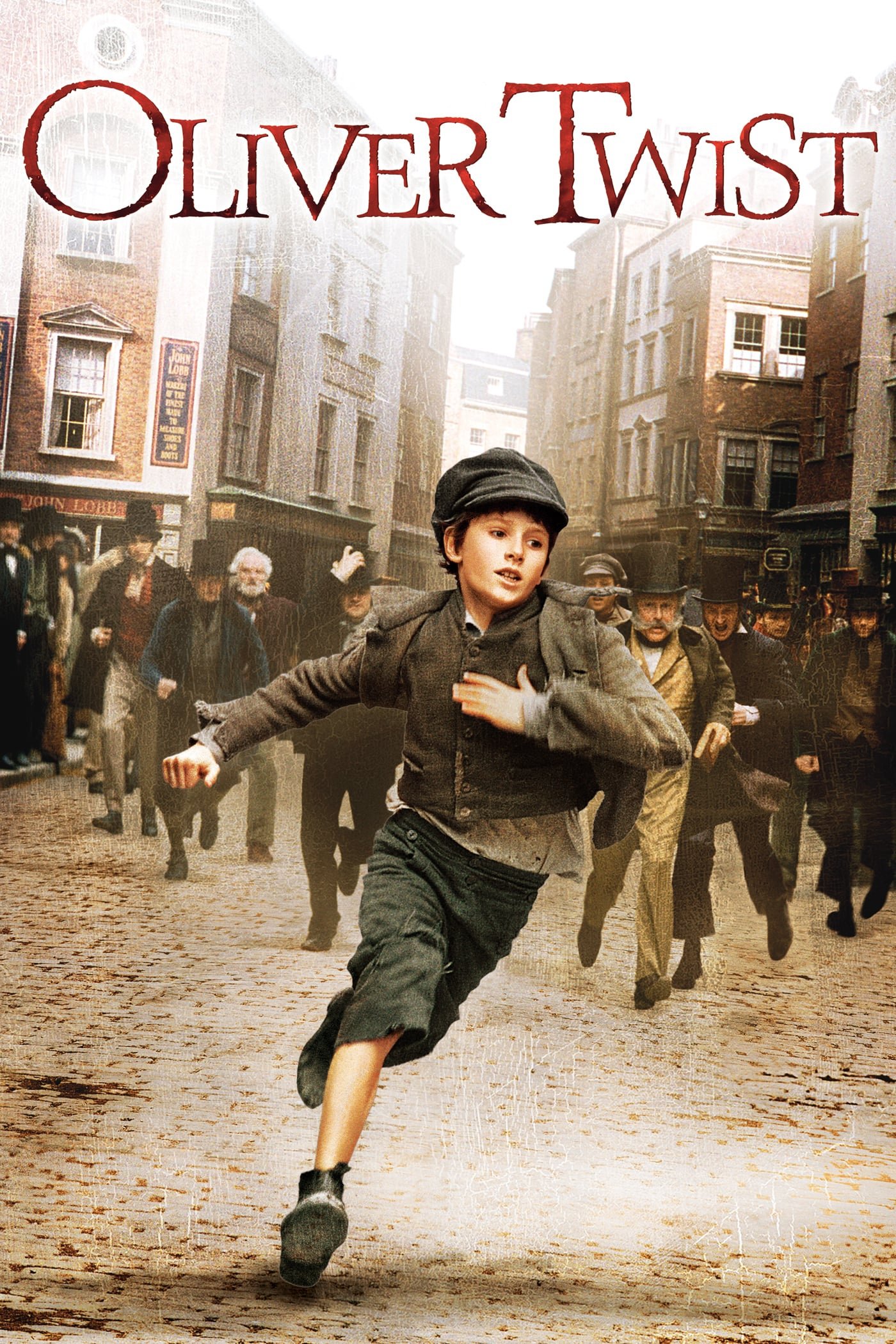 2005-09-23An adaptation of the classic Dickens tale, where an orphan meets a pickpocket on the streets of London. From there, he joins a household of boys who are trained to steal for their master.
2005-09-23An adaptation of the classic Dickens tale, where an orphan meets a pickpocket on the streets of London. From there, he joins a household of boys who are trained to steal for their master.The Celebration
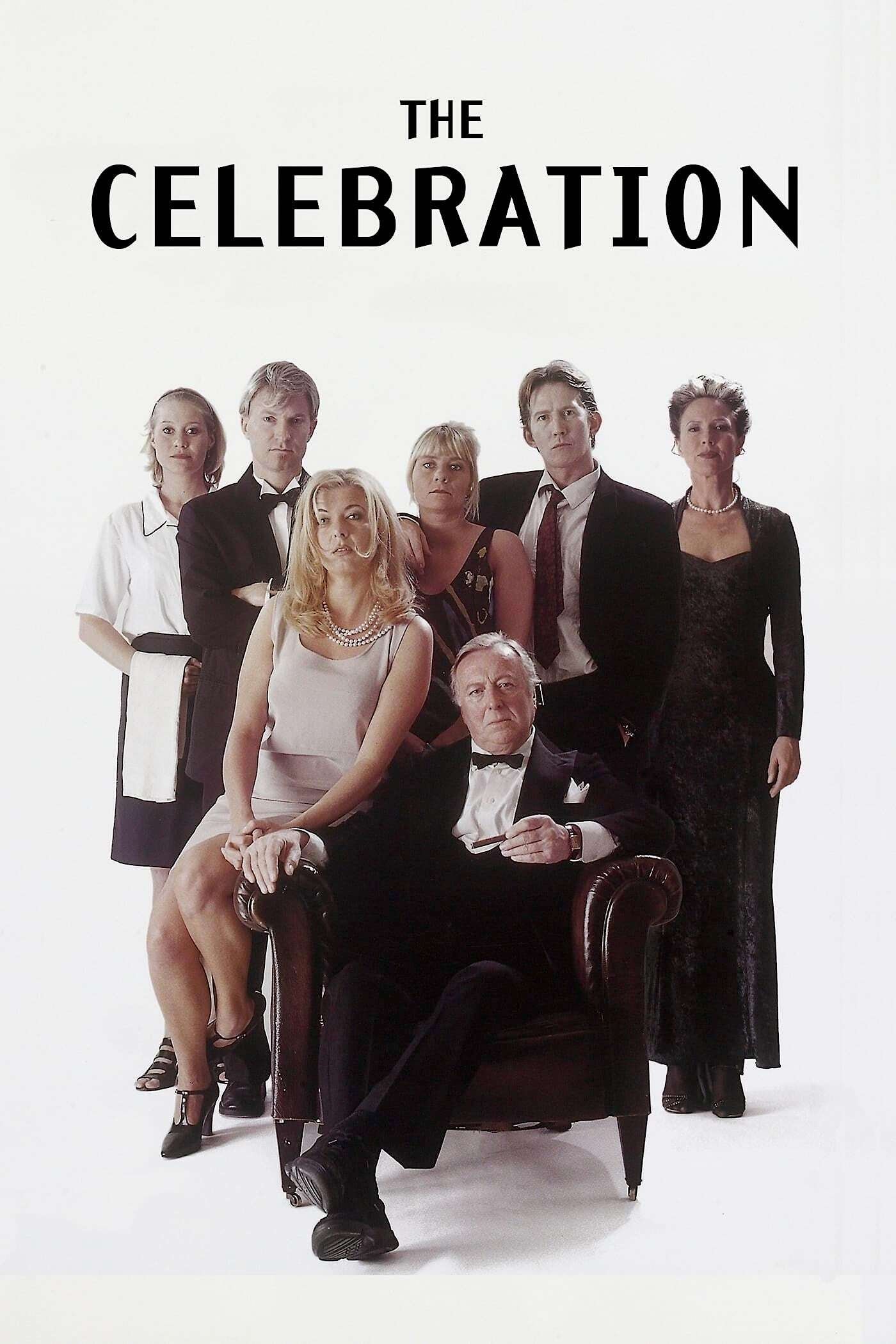 1998-06-19The family of a wealthy businessman gather to celebrate his 60th birthday. During the course of the party, his eldest son presents a speech that reveals a shocking secret.
1998-06-19The family of a wealthy businessman gather to celebrate his 60th birthday. During the course of the party, his eldest son presents a speech that reveals a shocking secret.Mystic River
 2003-10-07The lives of three men who were childhood friends are shattered when one of them suffers a family tragedy.
2003-10-07The lives of three men who were childhood friends are shattered when one of them suffers a family tragedy.Let Me In
2016-06-20There are more refugees in the world today than at any point in history. And half of them are children. Let Me In is a cinematic experience which reimagines the refugee crisis as if it was happening on America’s shores. Written and directed by Jonathan Olinger, this tale of survival and the remarkable power of the human spirit is inspired by the stories of real refugees. Starring Alicia Keys, the film follows her and her family's quest to survive after they experience unimaginable violence and embark on a journey that will forever change them. Along with thousands of Americans fleeing the conflict in Los Angeles, they must seek safety by attempting to cross the border into Mexico. Guided by their resolute love for each other and utter determination, the refugee family must navigate oceans and desserts in their unrelenting pursuit to find refuge and reunite.For the Love of a Chi...
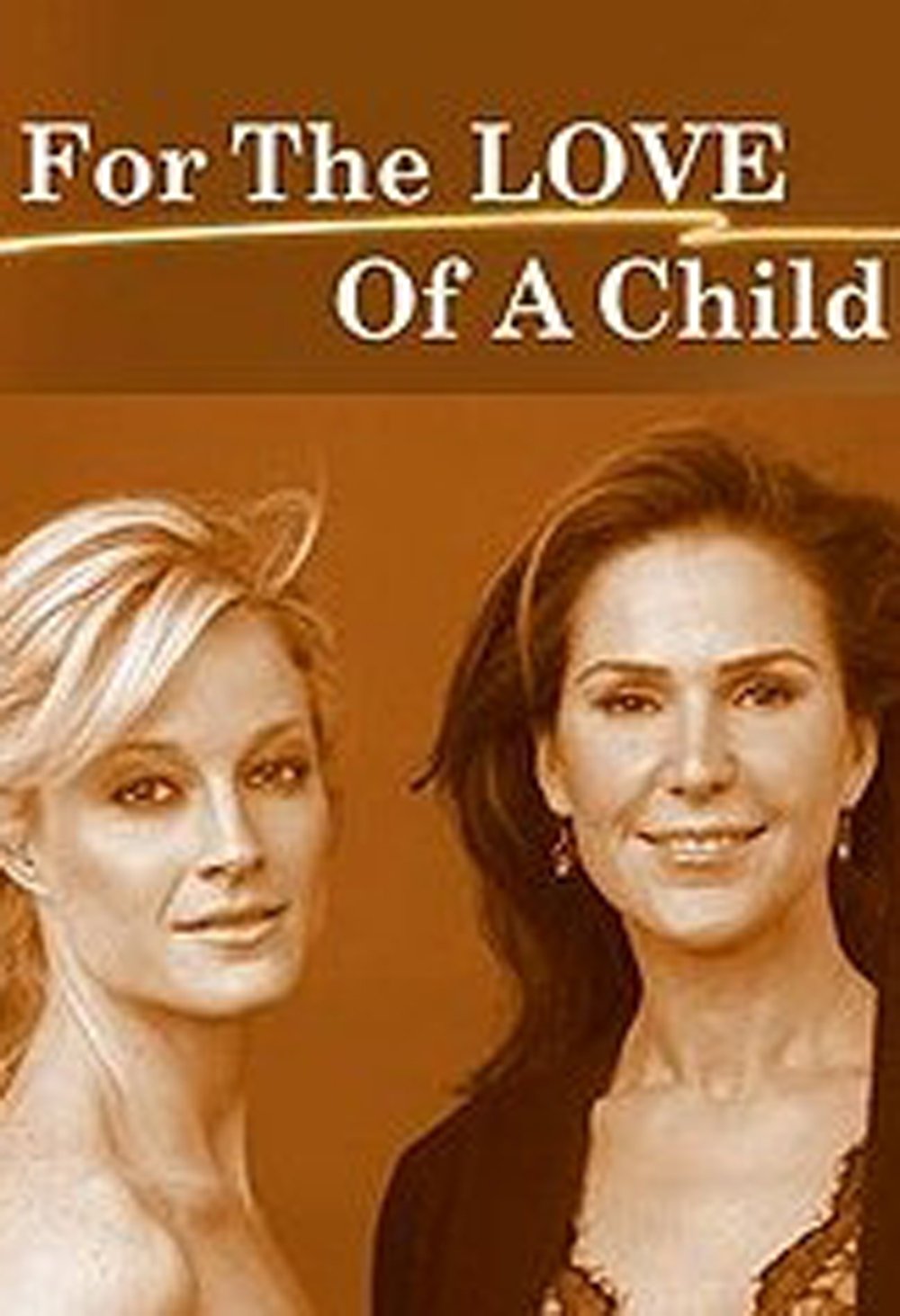 2006-01-091959, support from US troops based in Asia and later from the Sates enables two actresses to start a charity for mixed-race 'orphans' who are locally neglected as outcasts. Thus originates Childhelp, which later runs multi-disciplinary centers for abused and/or neglected children in the States. Among them is bright Jacob Fletcher, whose stepfather, a lawyer, terrorized him into utter trauma and reclaims him shortly after 10 months in jail. Jacob's peers have distressing stories of their own, but competent, devoted staff helps most of them decisively on the former farm, using animal therapy.
2006-01-091959, support from US troops based in Asia and later from the Sates enables two actresses to start a charity for mixed-race 'orphans' who are locally neglected as outcasts. Thus originates Childhelp, which later runs multi-disciplinary centers for abused and/or neglected children in the States. Among them is bright Jacob Fletcher, whose stepfather, a lawyer, terrorized him into utter trauma and reclaims him shortly after 10 months in jail. Jacob's peers have distressing stories of their own, but competent, devoted staff helps most of them decisively on the former farm, using animal therapy.Hope
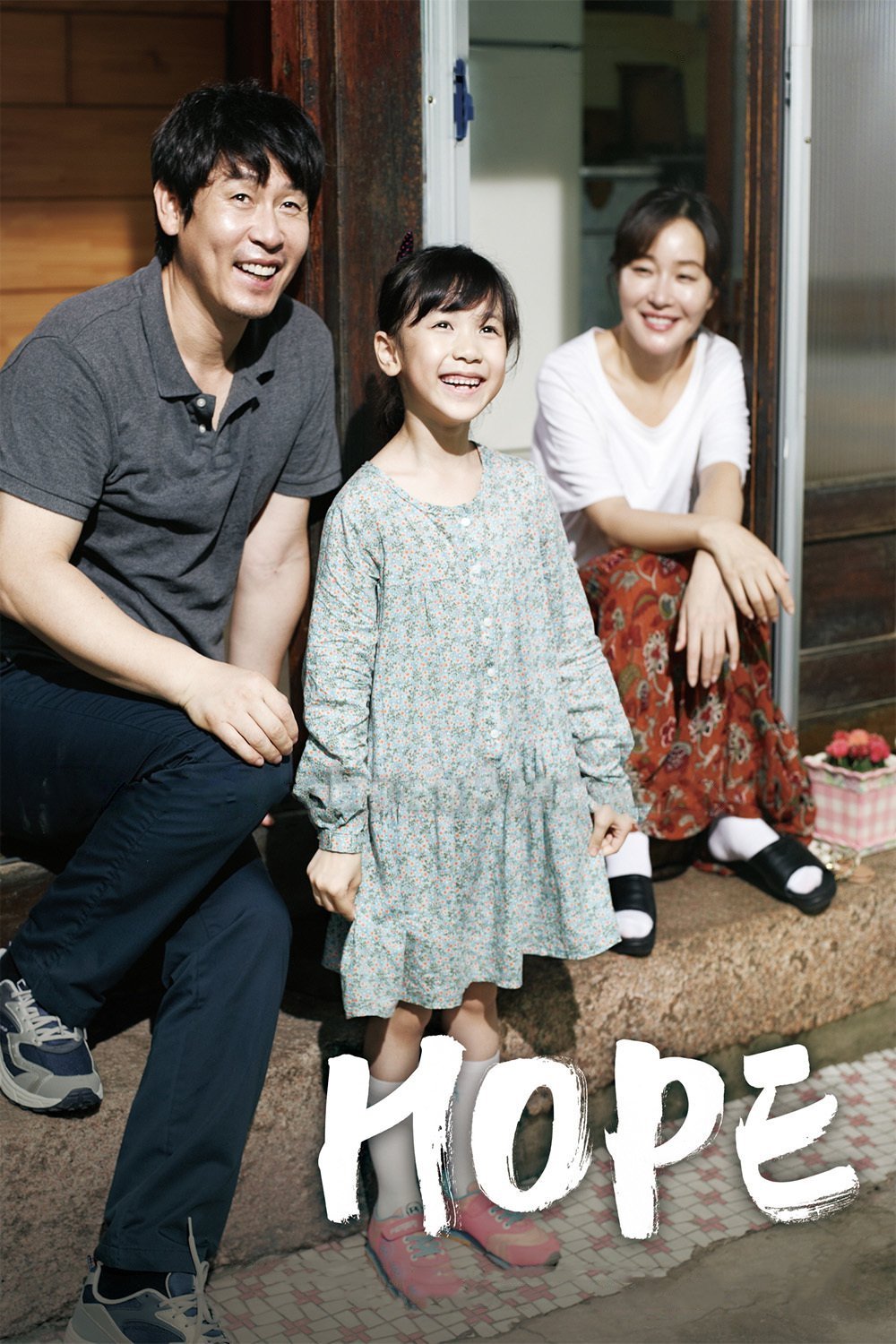 2013-10-02After 8-year-old So-won narrowly survives a brutal sexual assault, her family labors to help her heal while coping with their own rage and grief.
2013-10-02After 8-year-old So-won narrowly survives a brutal sexual assault, her family labors to help her heal while coping with their own rage and grief.Primal Fear
 1996-03-06An arrogant, high-powered attorney takes on the case of a poor altar boy found running away from the scene of the grisly murder of the bishop who has taken him in. The case gets a lot more complex when the accused reveals that there may or may not have been a third person in the room.
1996-03-06An arrogant, high-powered attorney takes on the case of a poor altar boy found running away from the scene of the grisly murder of the bishop who has taken him in. The case gets a lot more complex when the accused reveals that there may or may not have been a third person in the room.Cape Fear
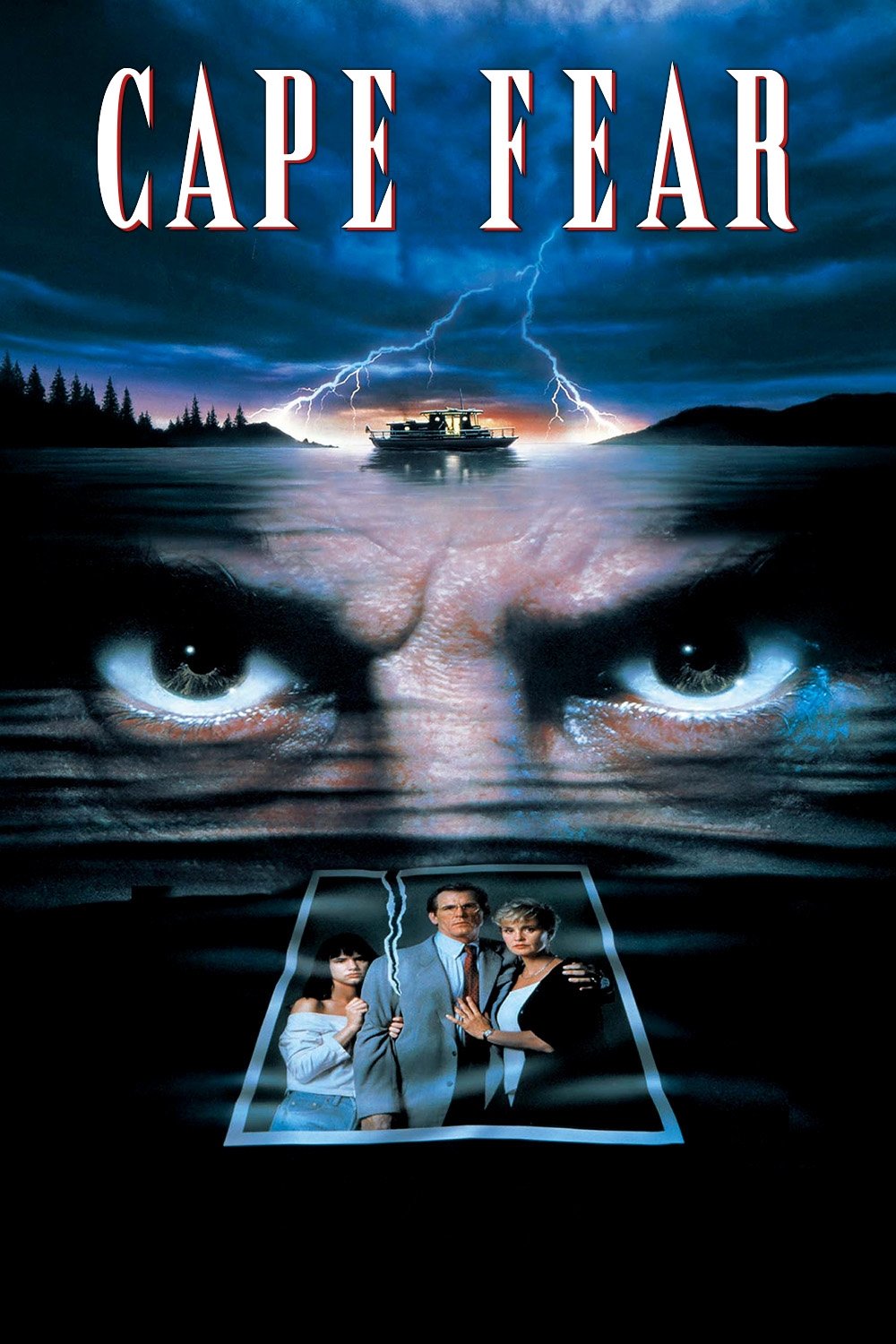 1991-11-13Sam Bowden is a small-town corporate attorney. Max Cady is a tattooed, cigar-smoking, Bible-quoting, psychotic rapist. What do they have in common? 14 years ago, Sam was a public defender assigned to Max Cady's rape trial, and he made a serious error: he hid a document from his illiterate client that could have gotten him acquitted. Now, the cagey Cady has been released, and he intends to teach Sam Bowden and his family a thing or two about loss.
1991-11-13Sam Bowden is a small-town corporate attorney. Max Cady is a tattooed, cigar-smoking, Bible-quoting, psychotic rapist. What do they have in common? 14 years ago, Sam was a public defender assigned to Max Cady's rape trial, and he made a serious error: he hid a document from his illiterate client that could have gotten him acquitted. Now, the cagey Cady has been released, and he intends to teach Sam Bowden and his family a thing or two about loss.
